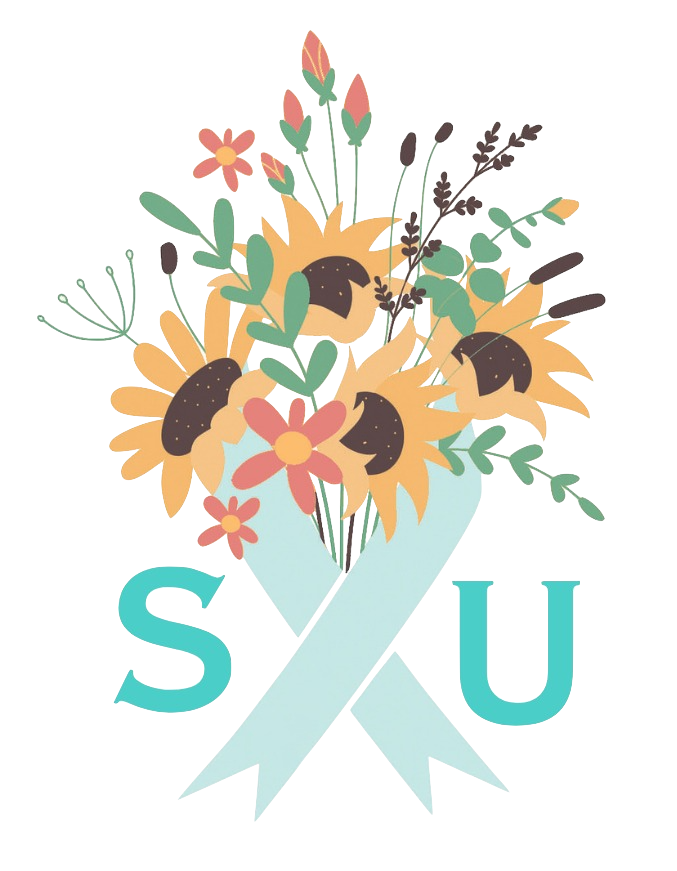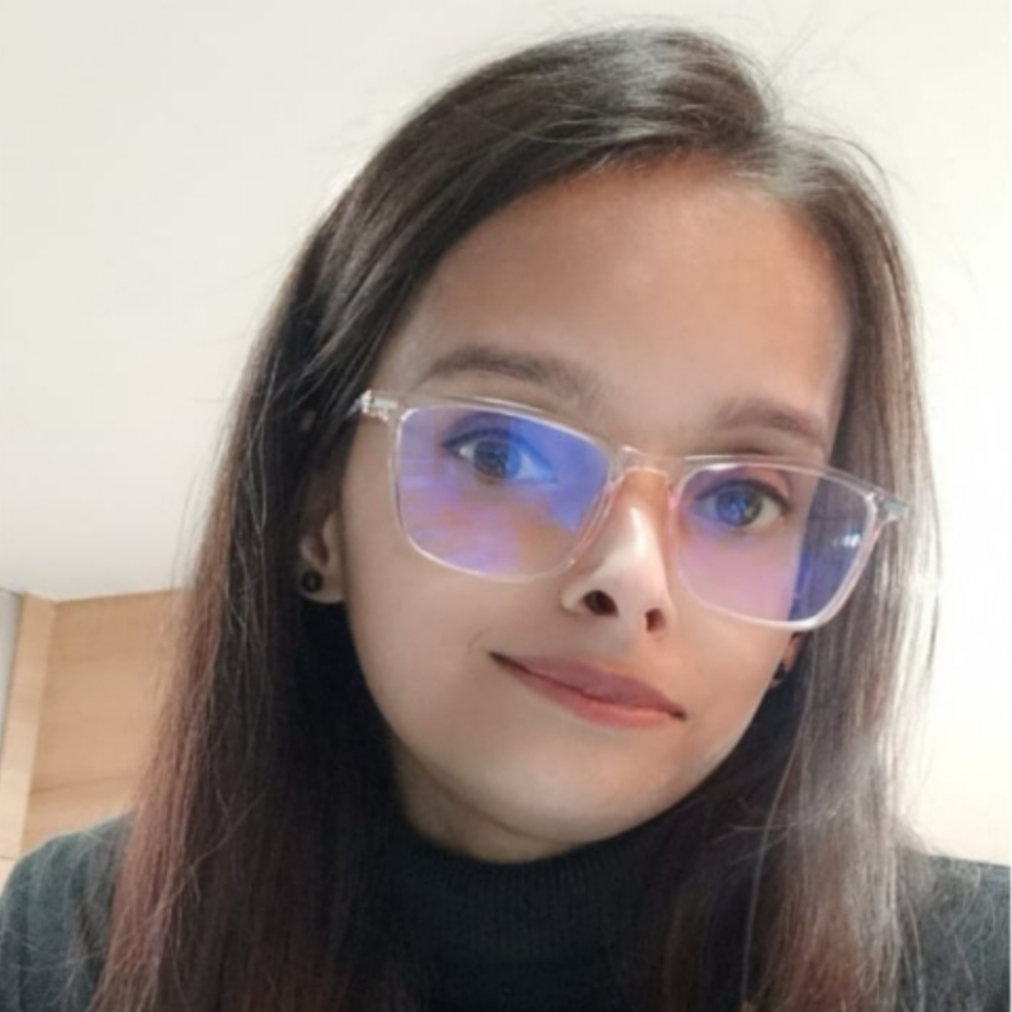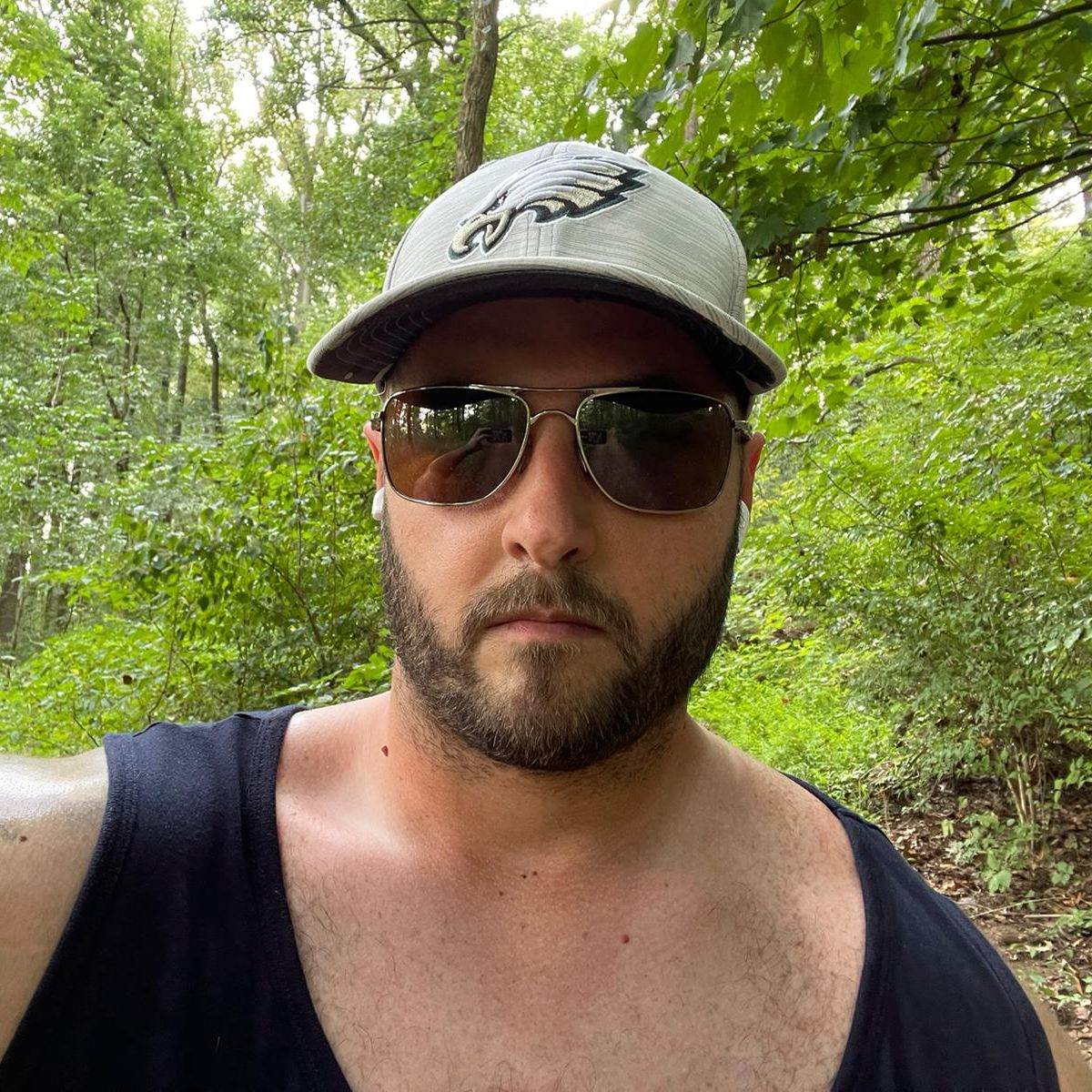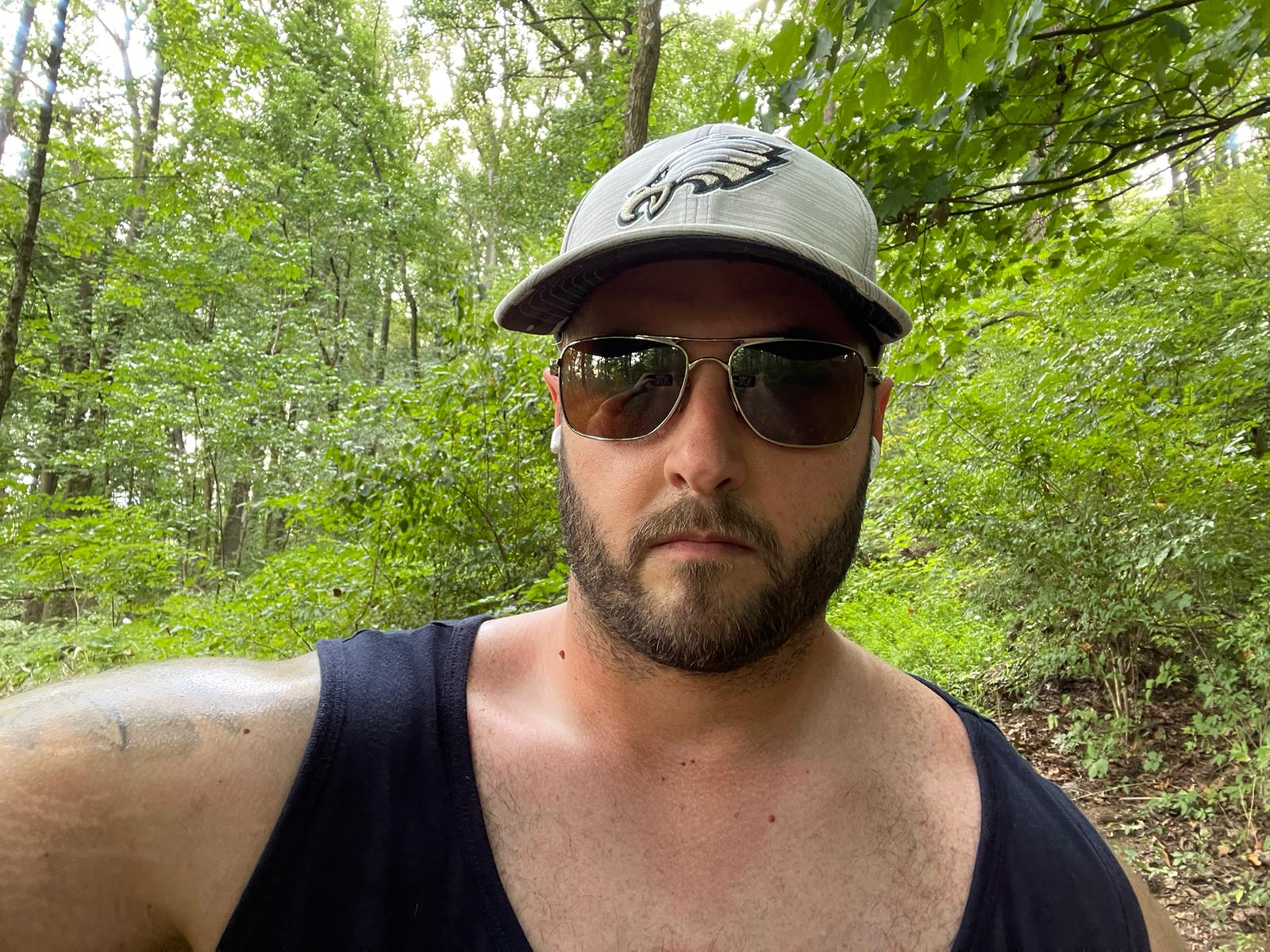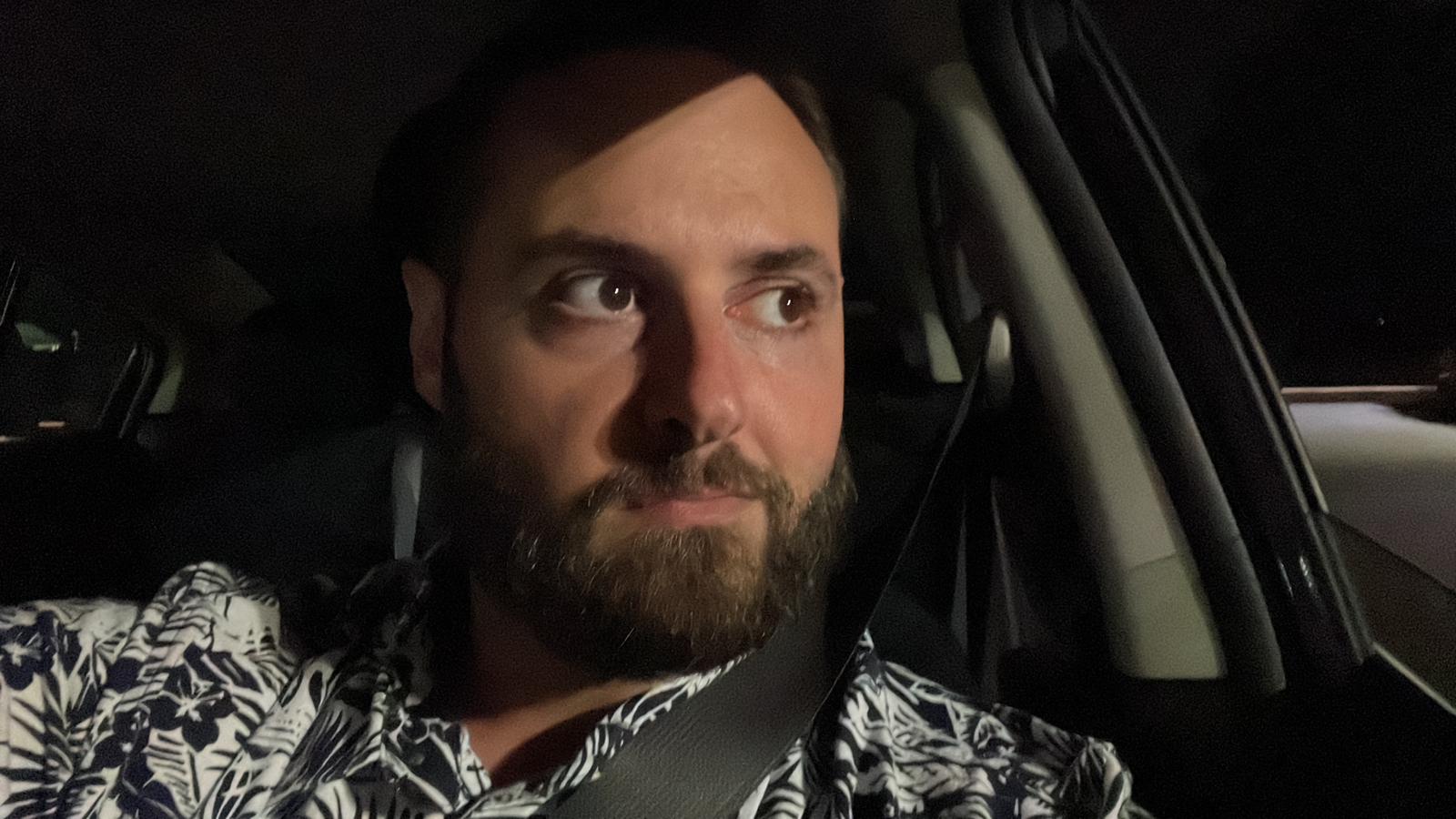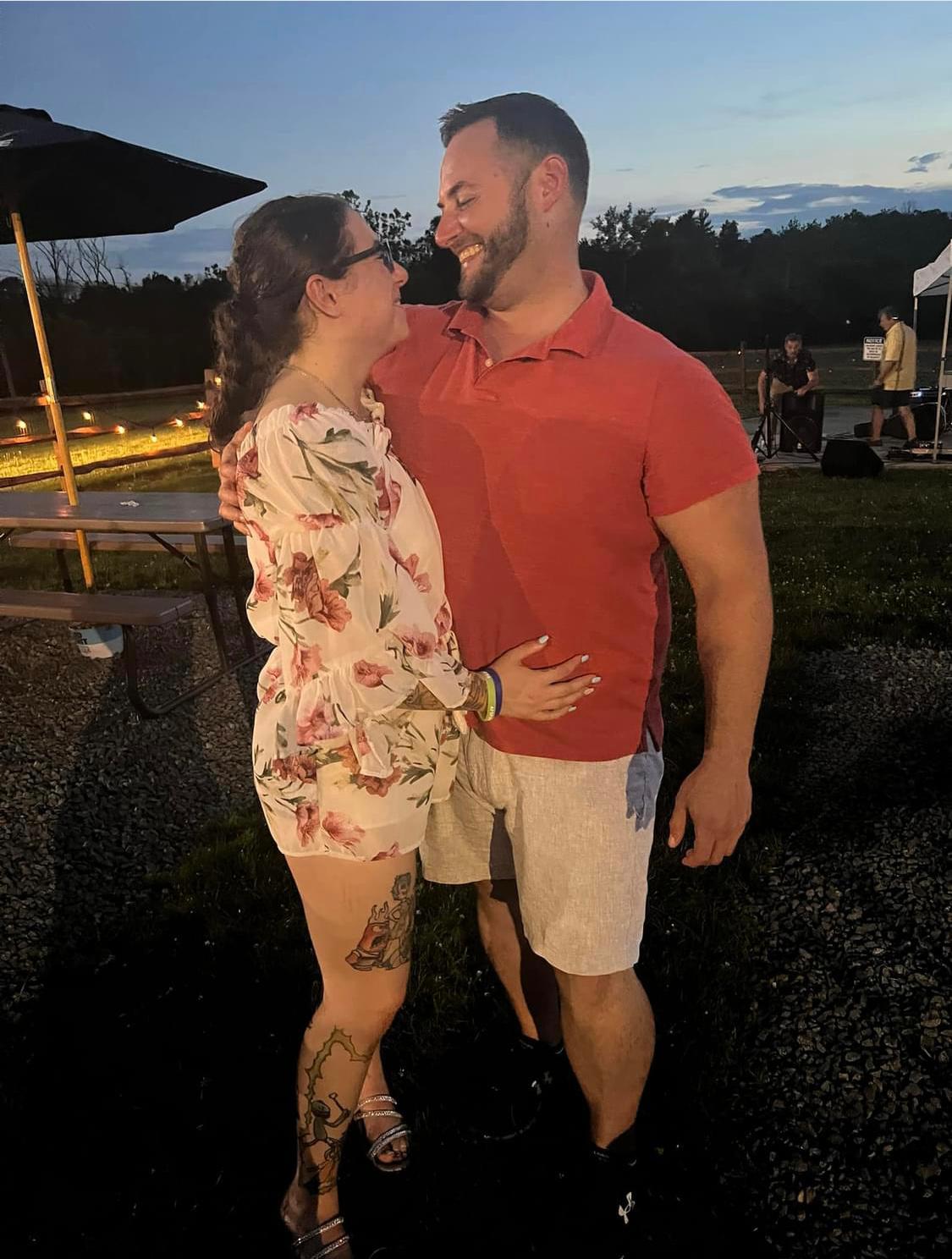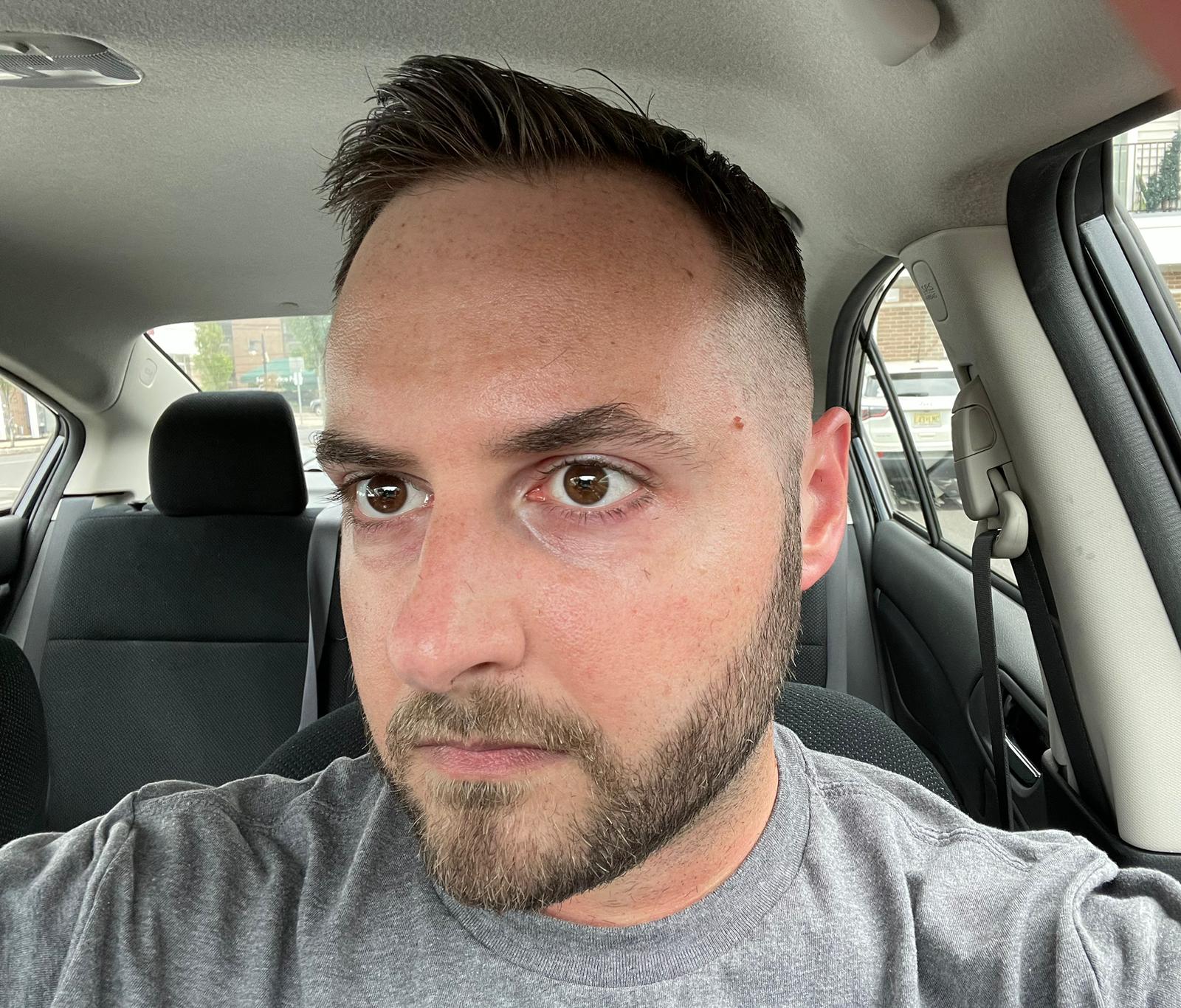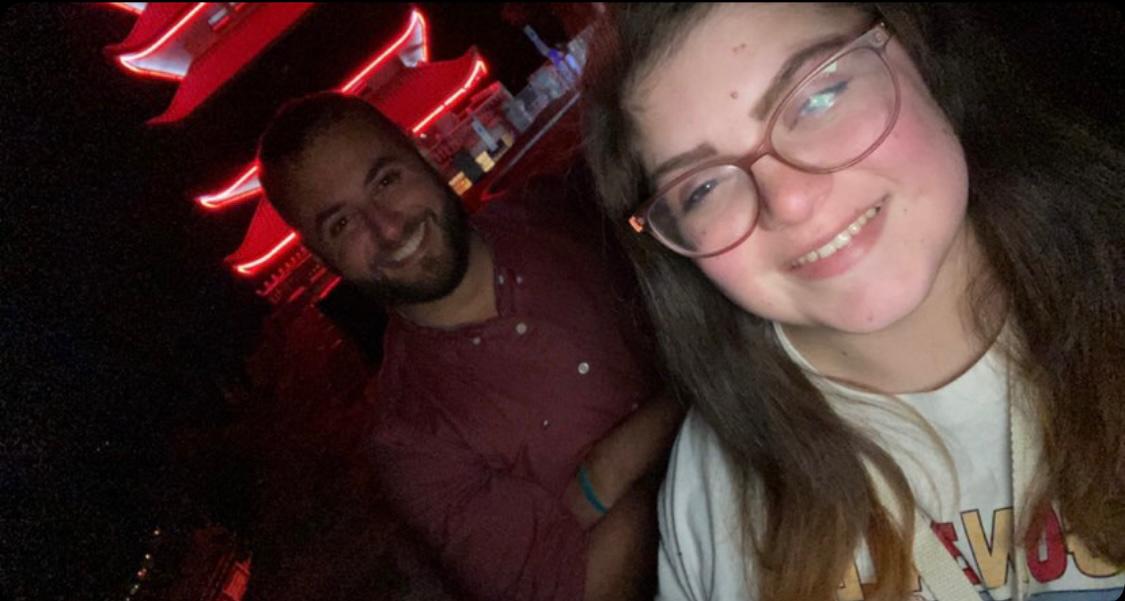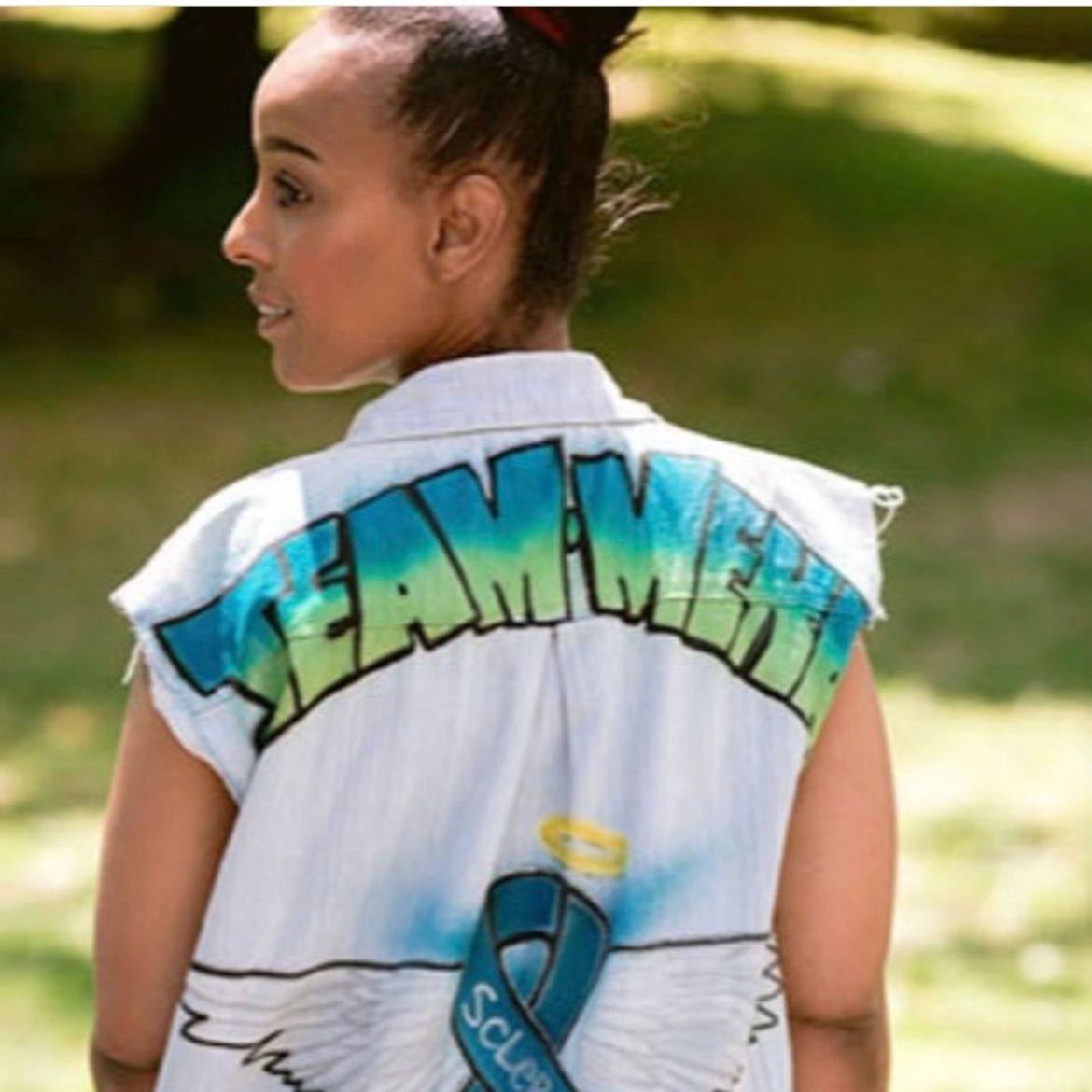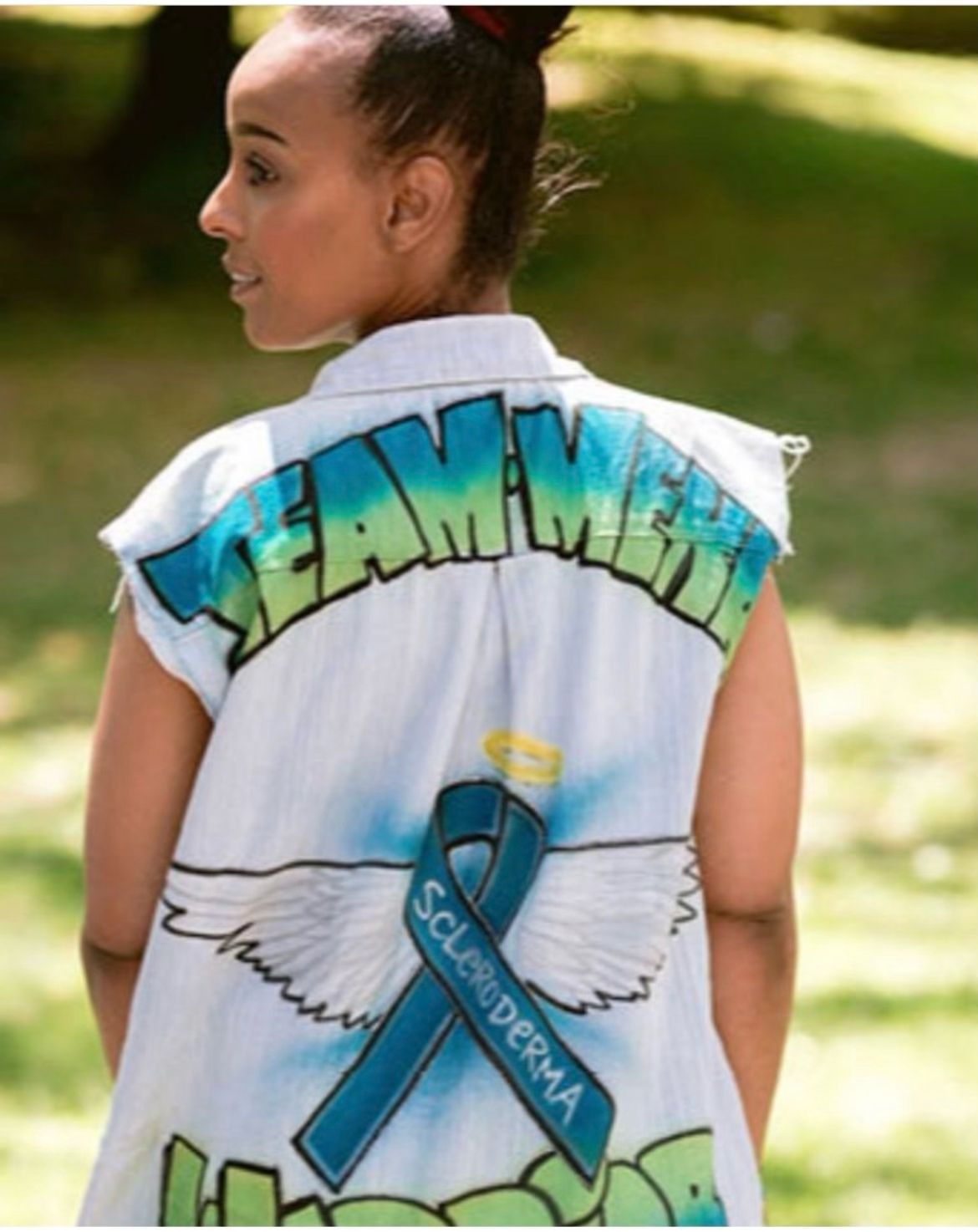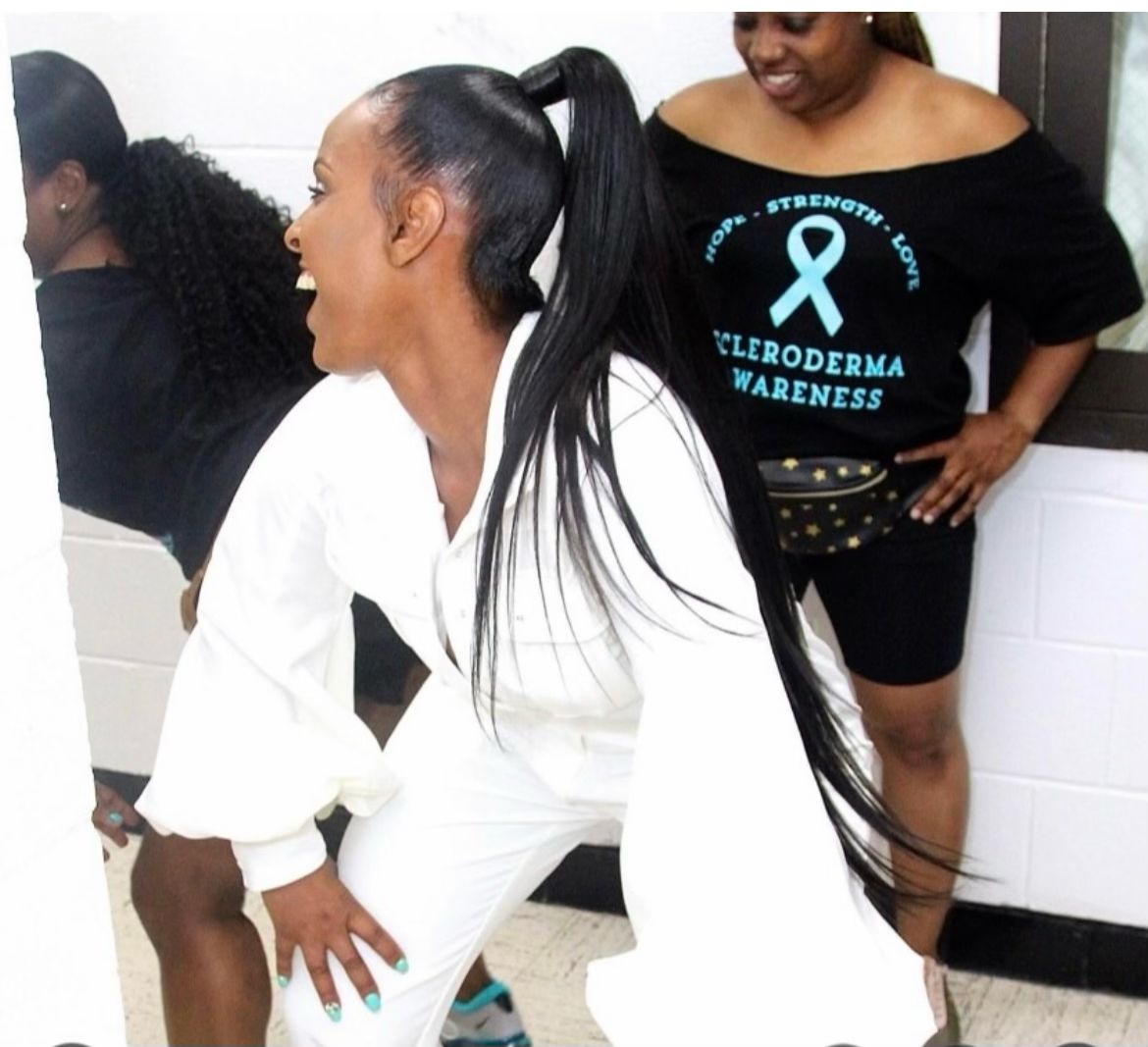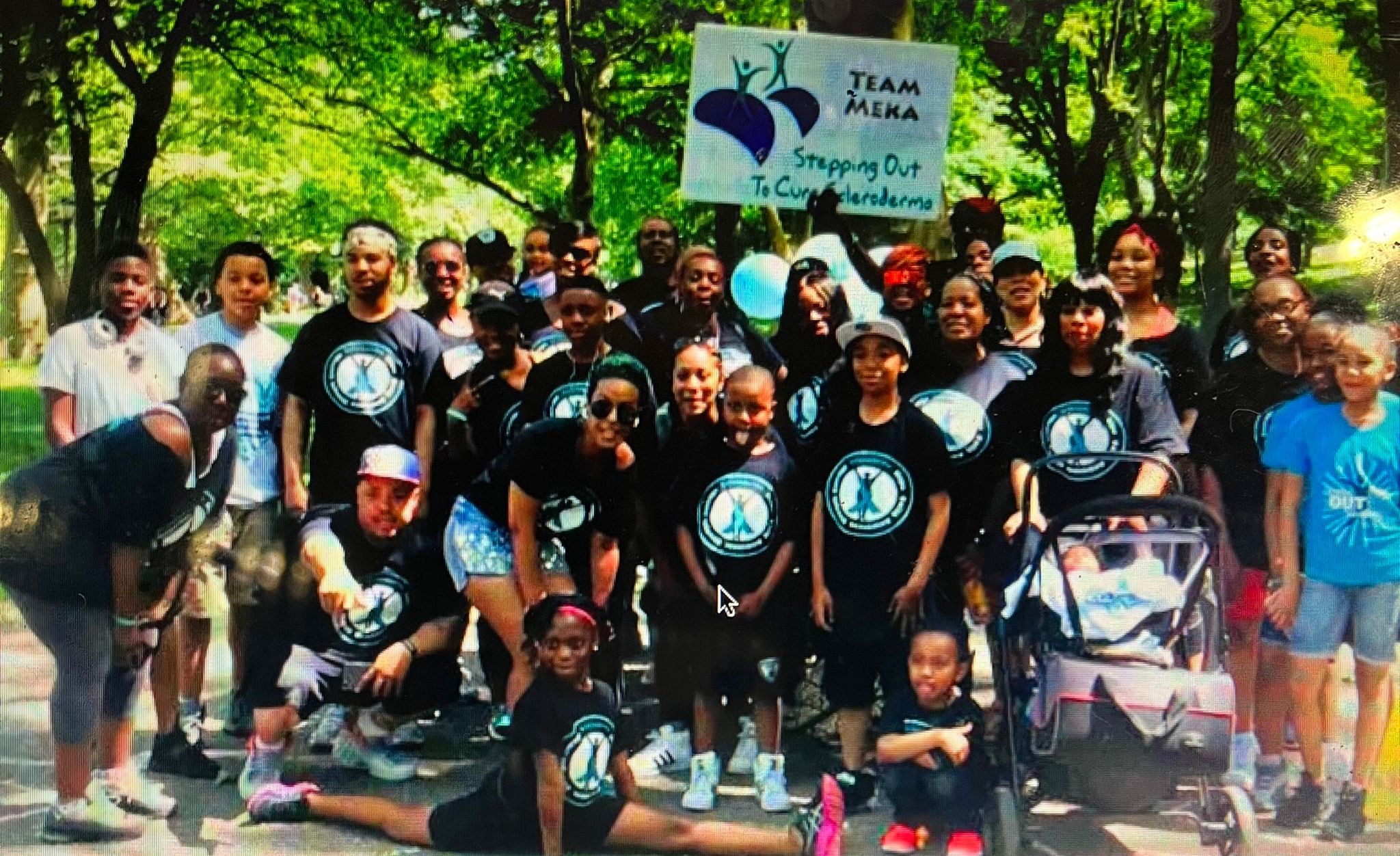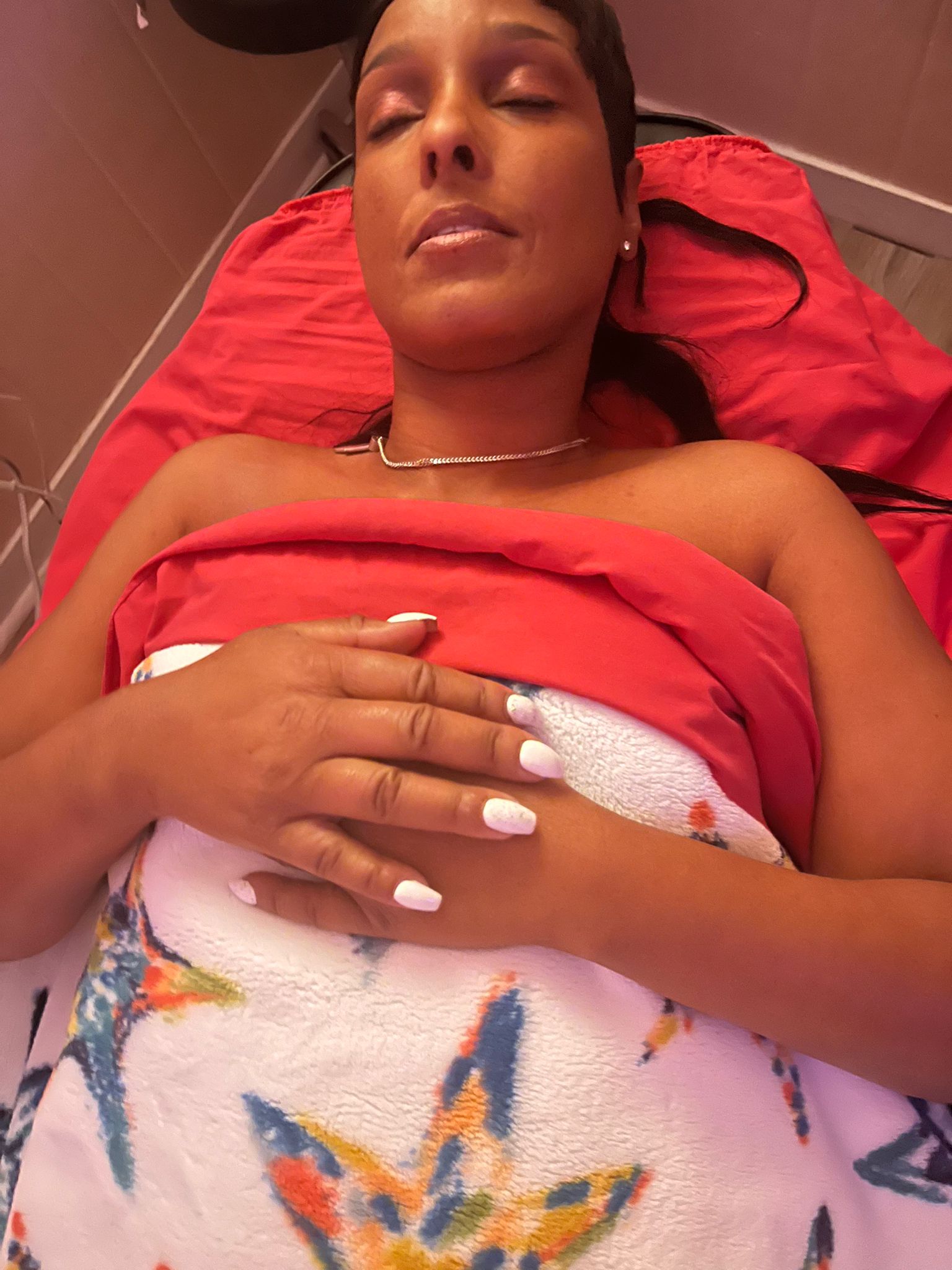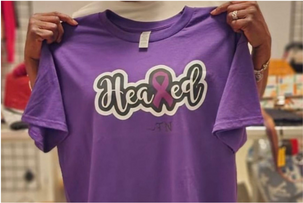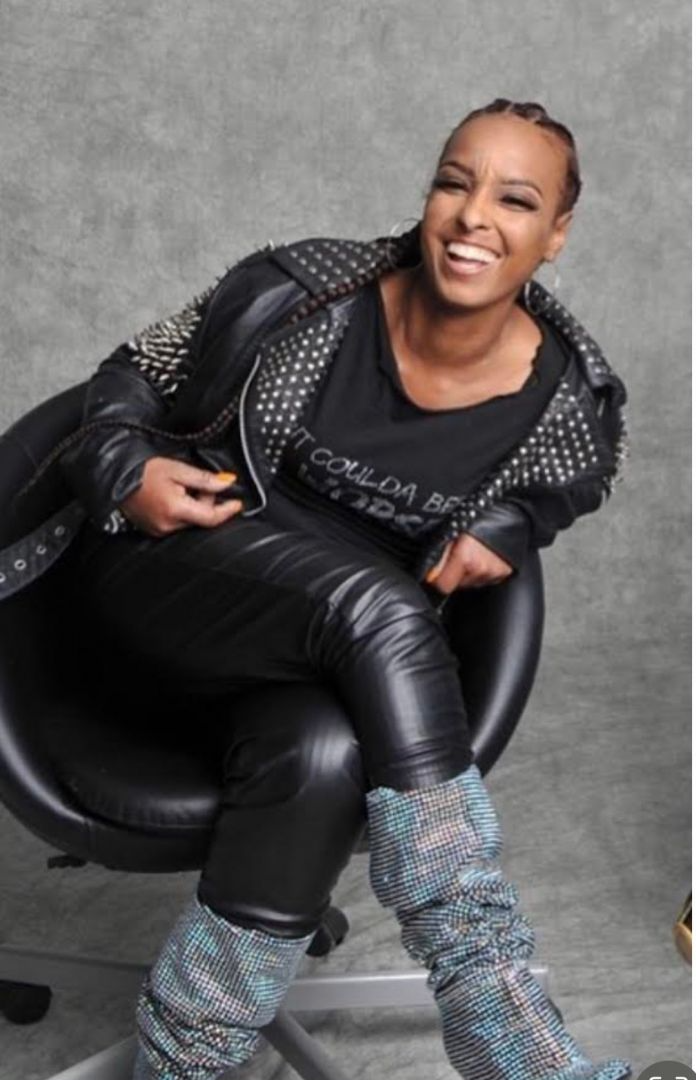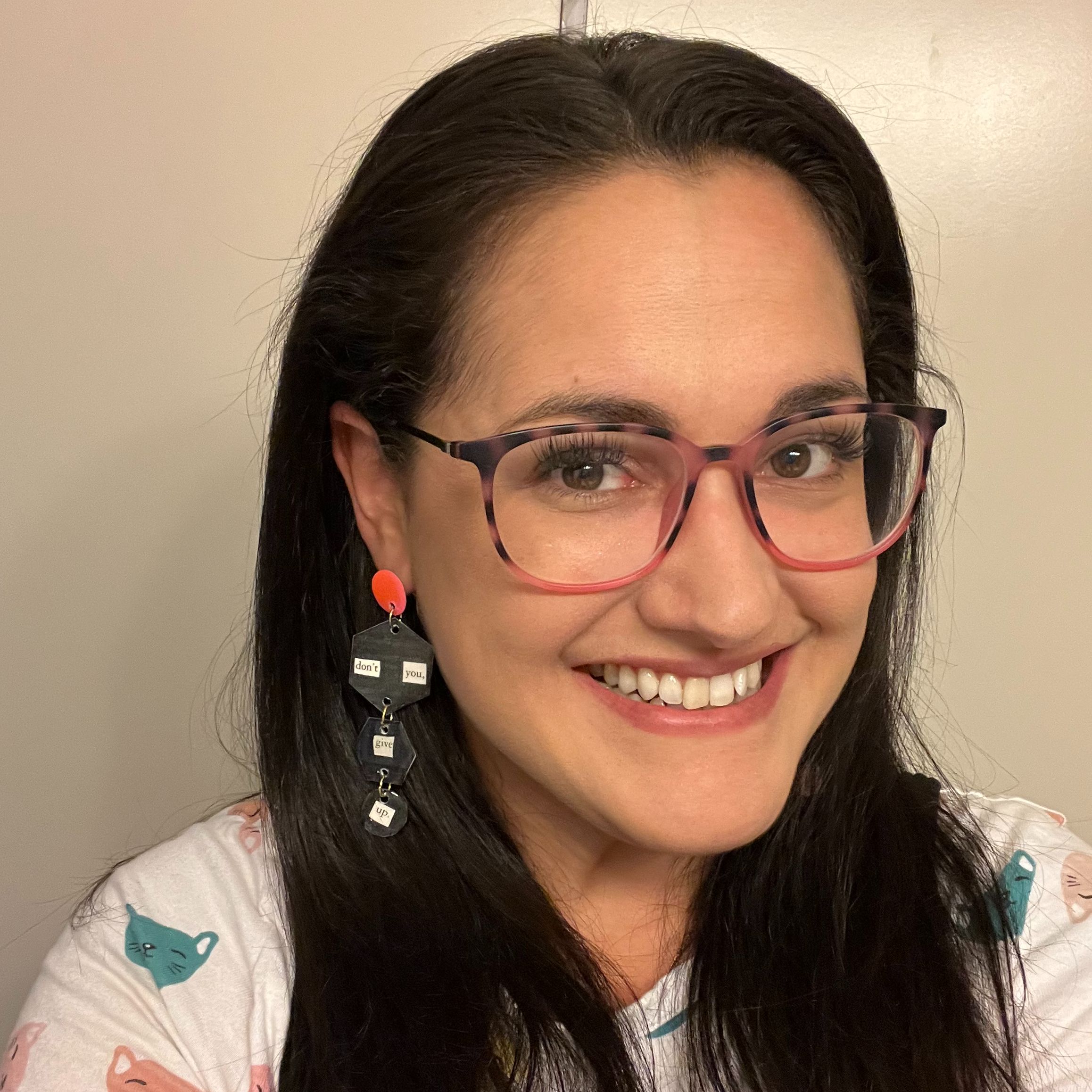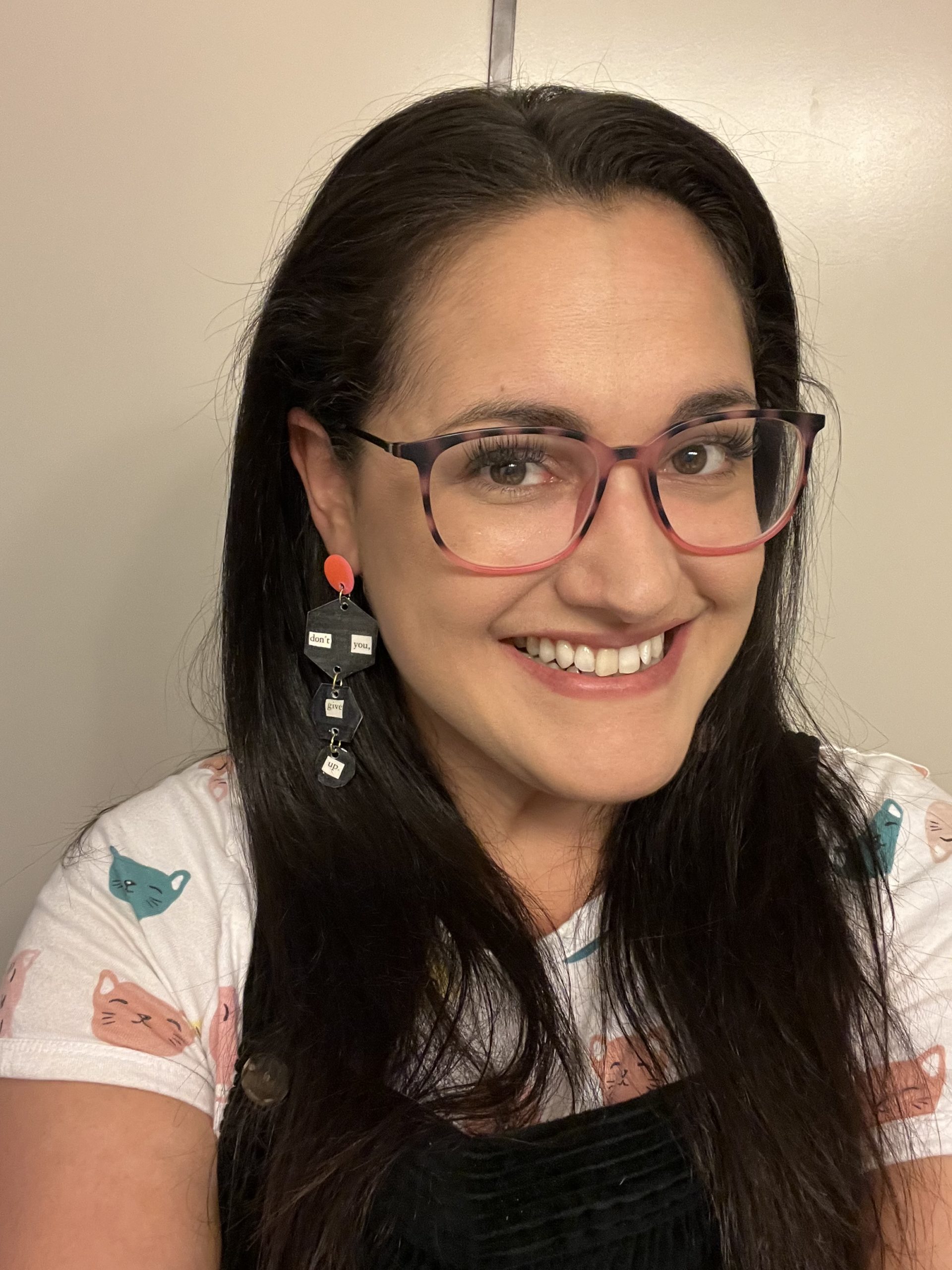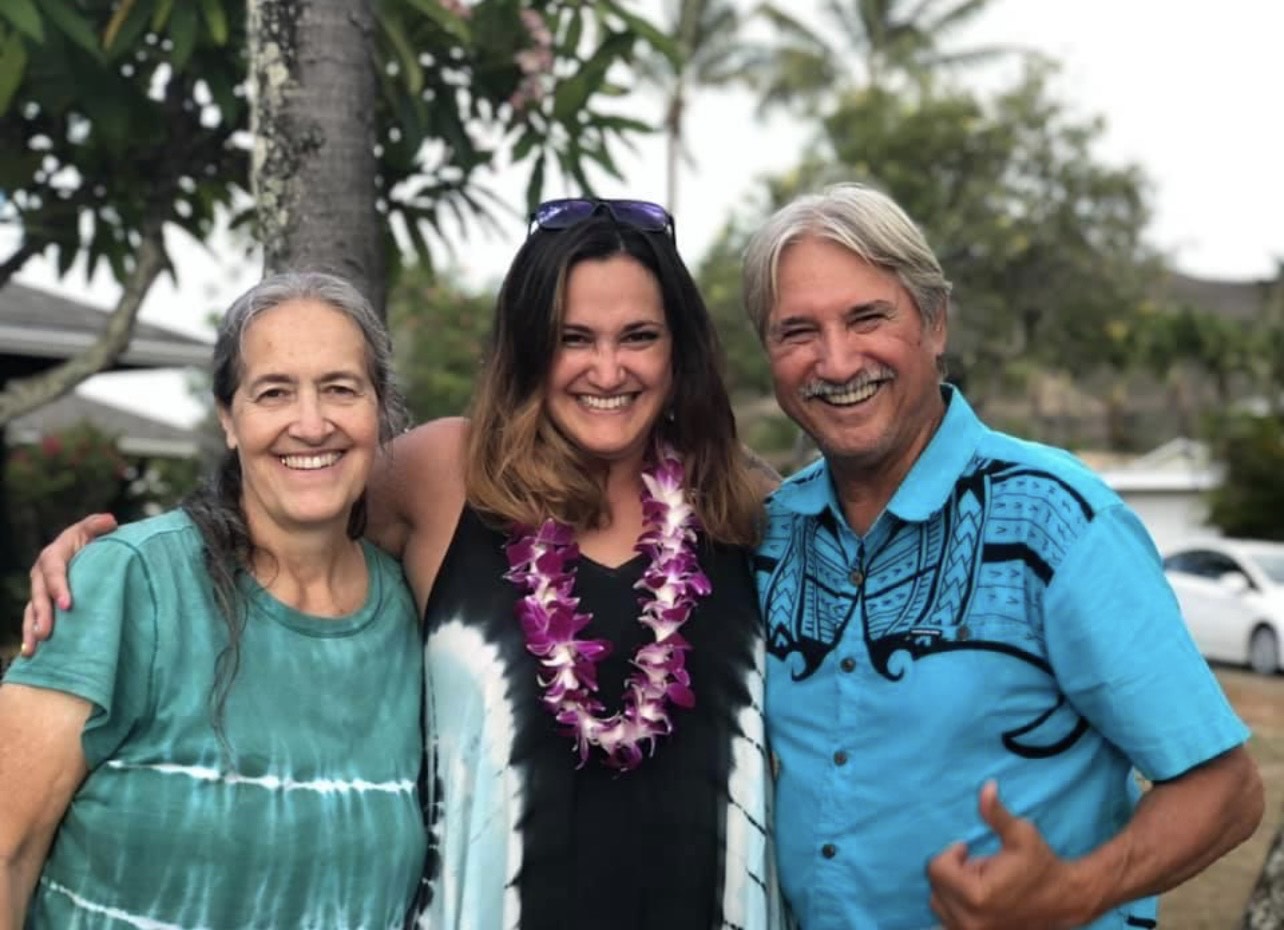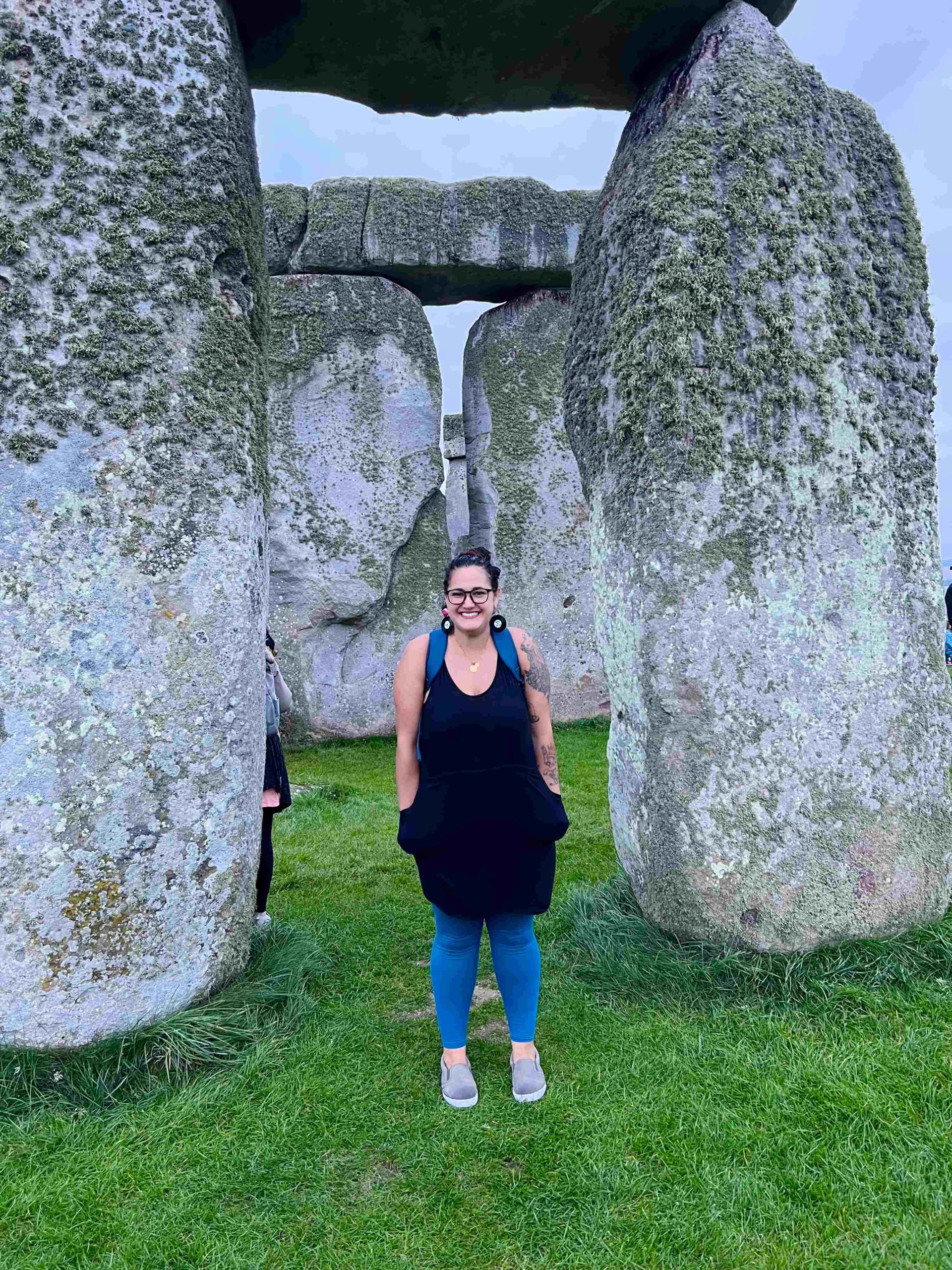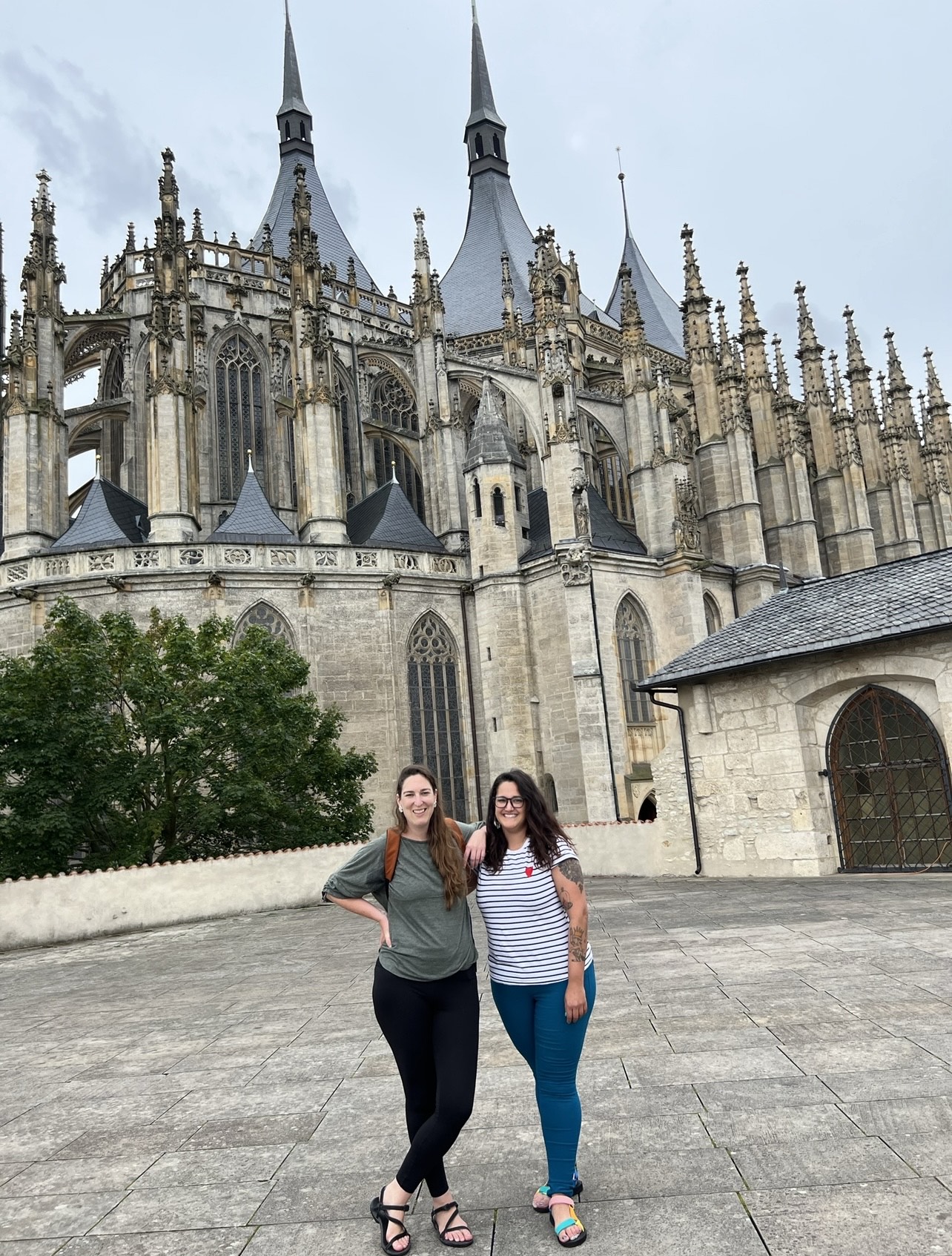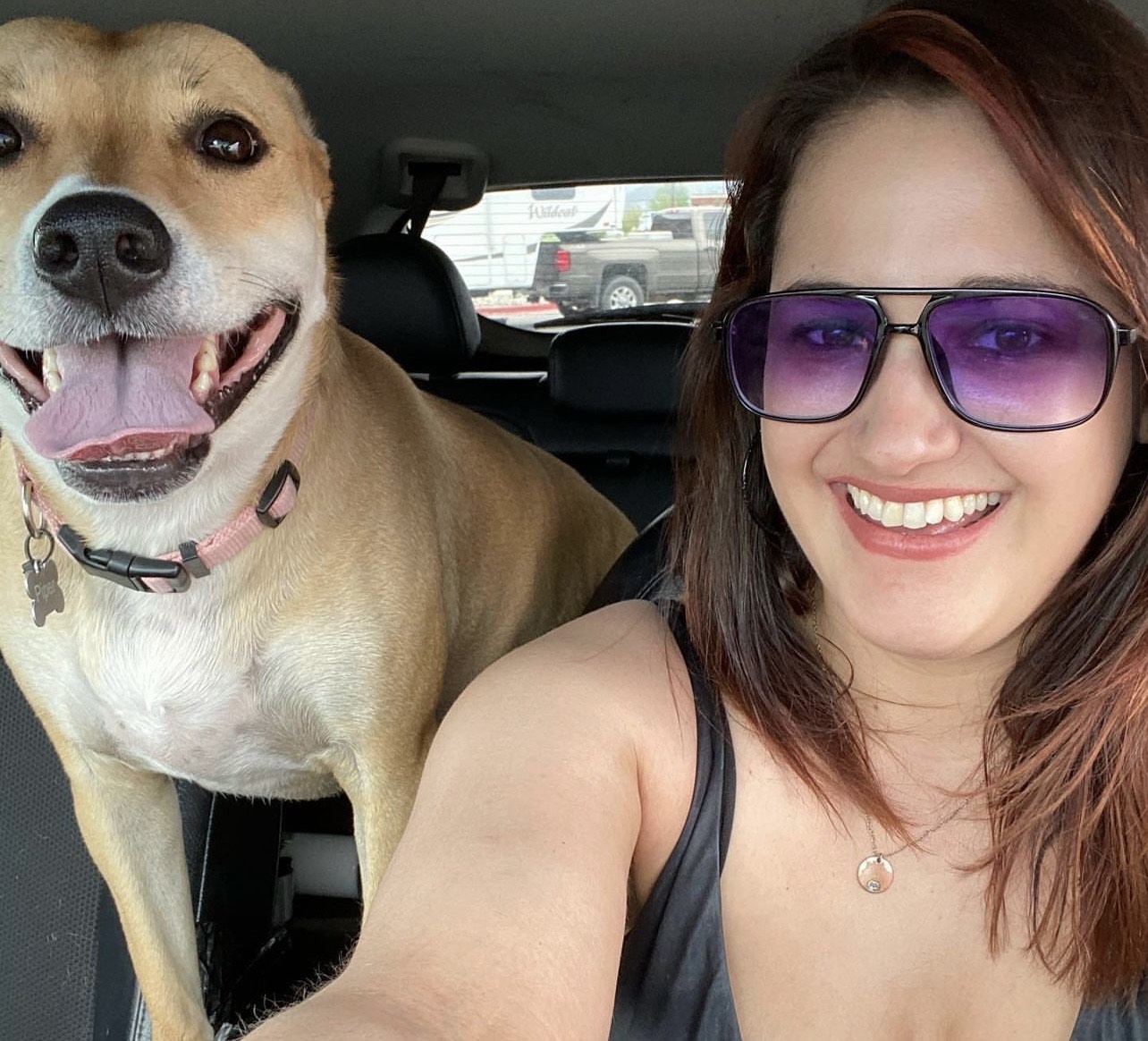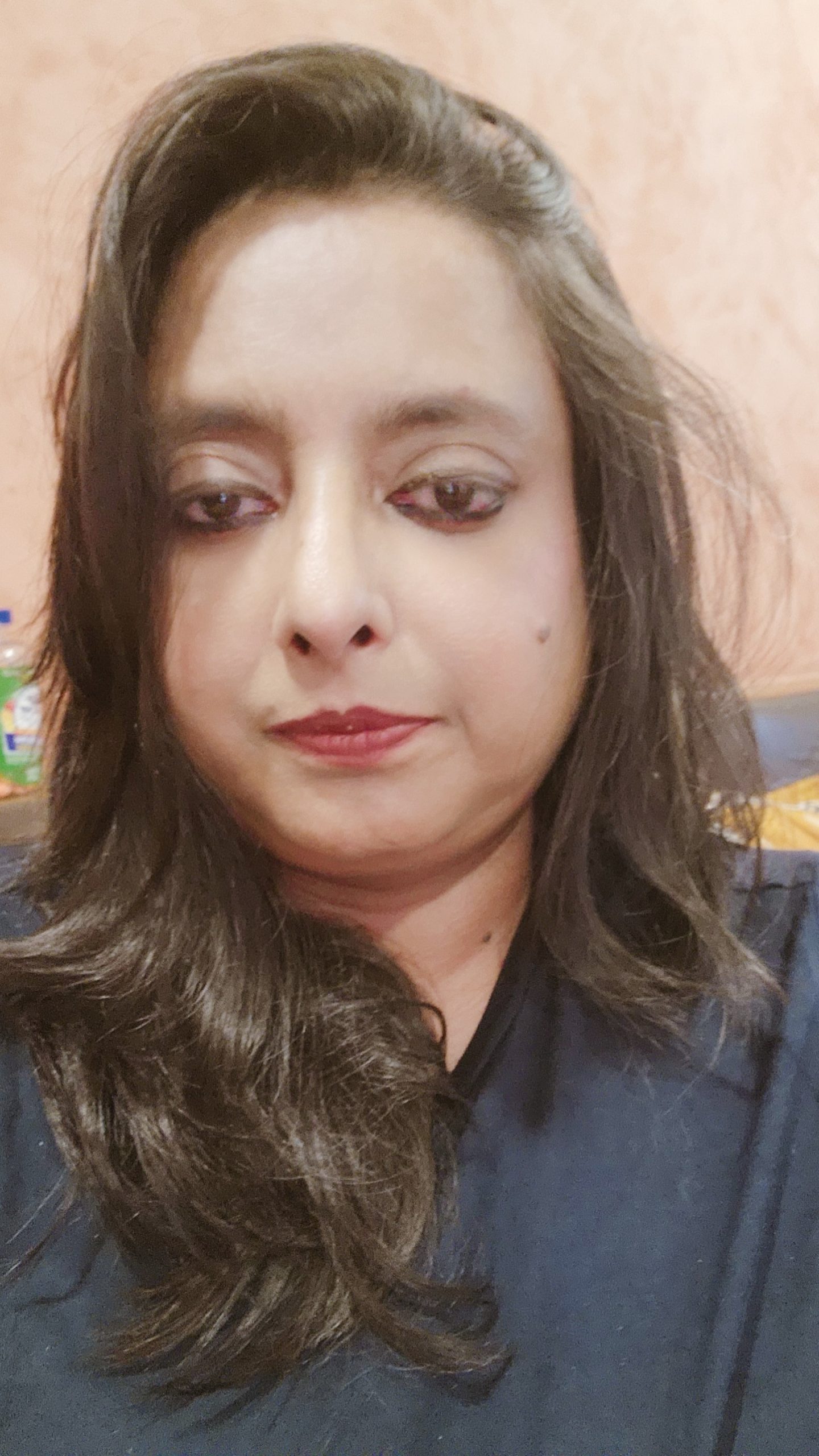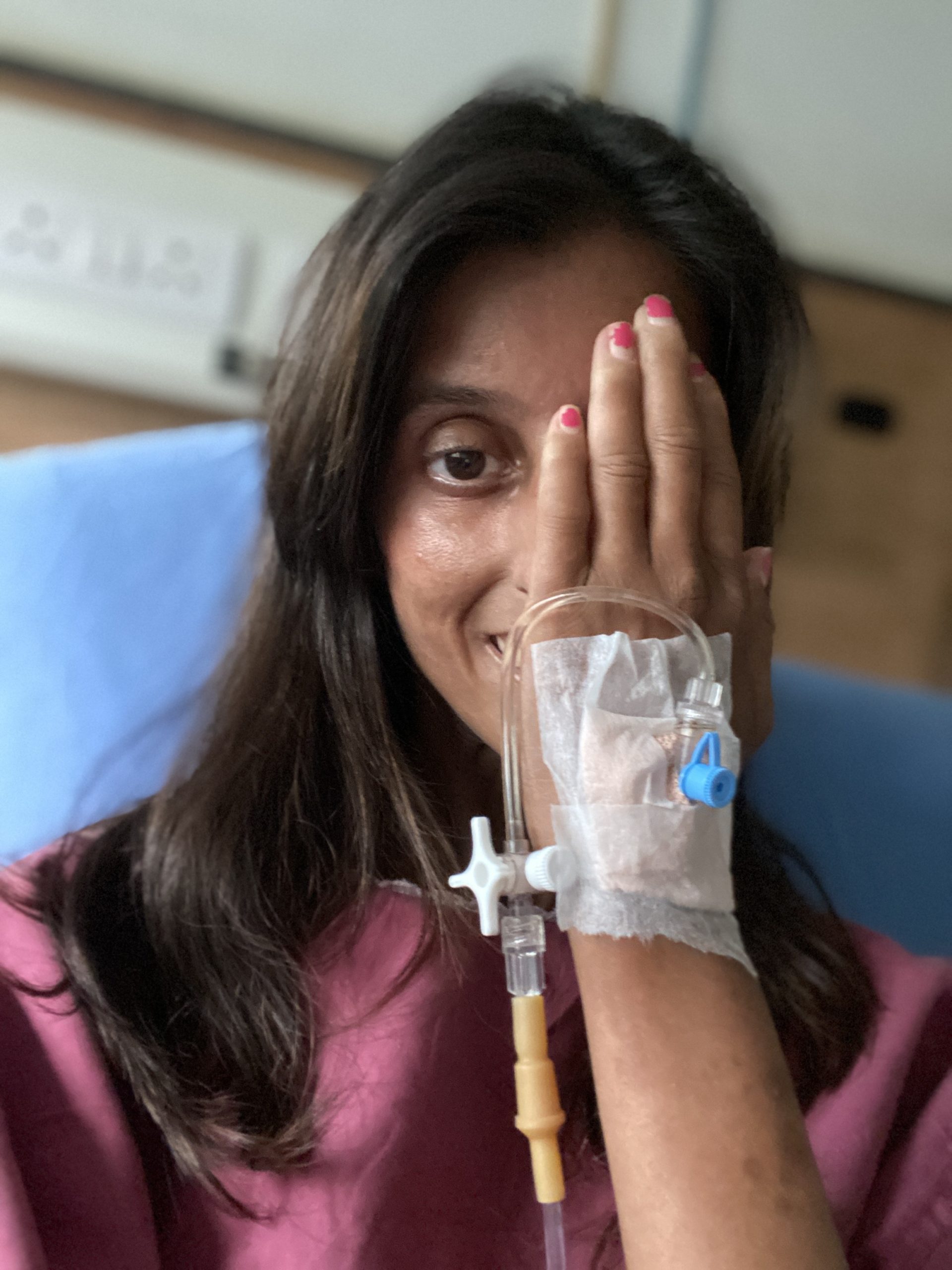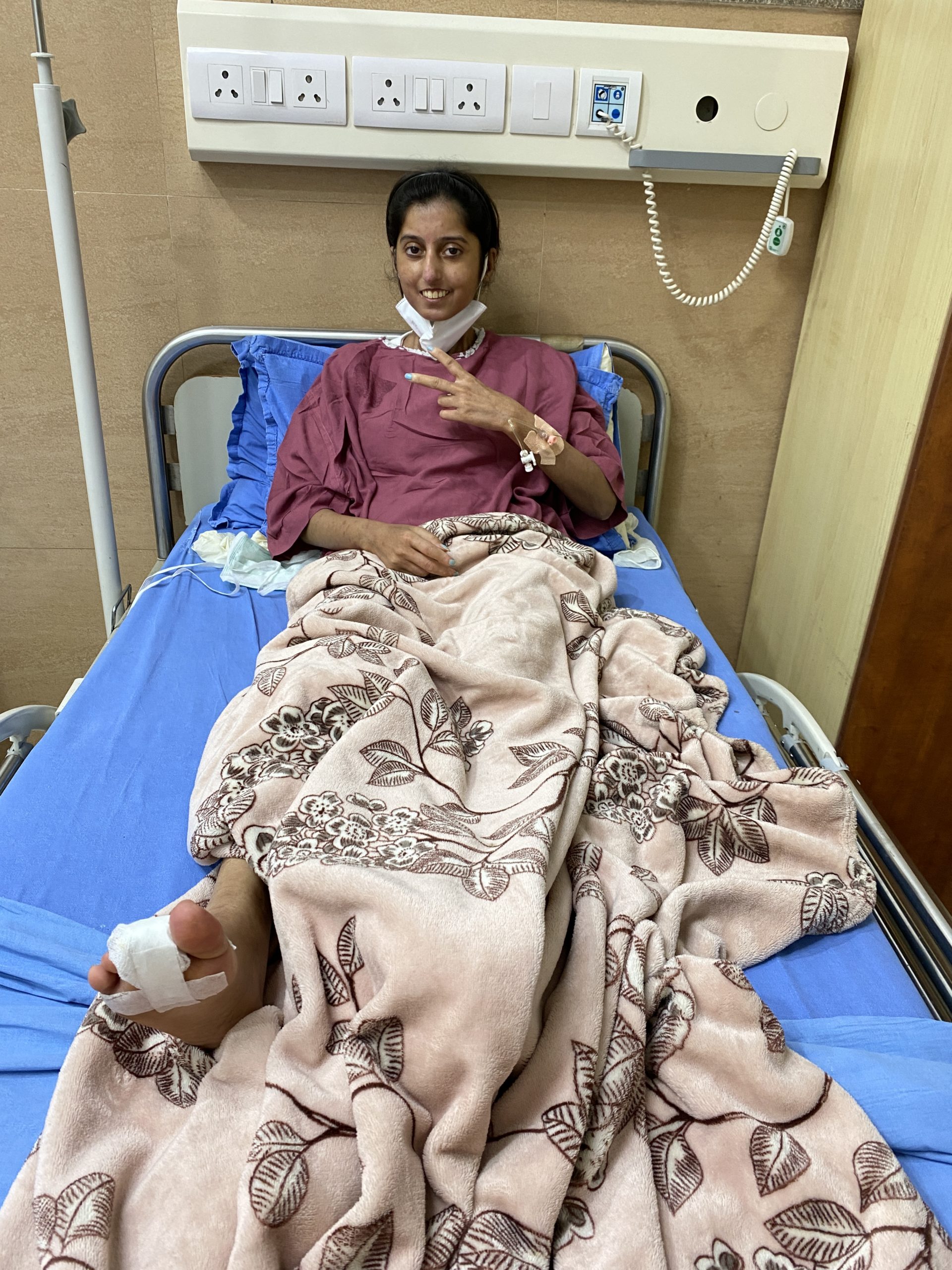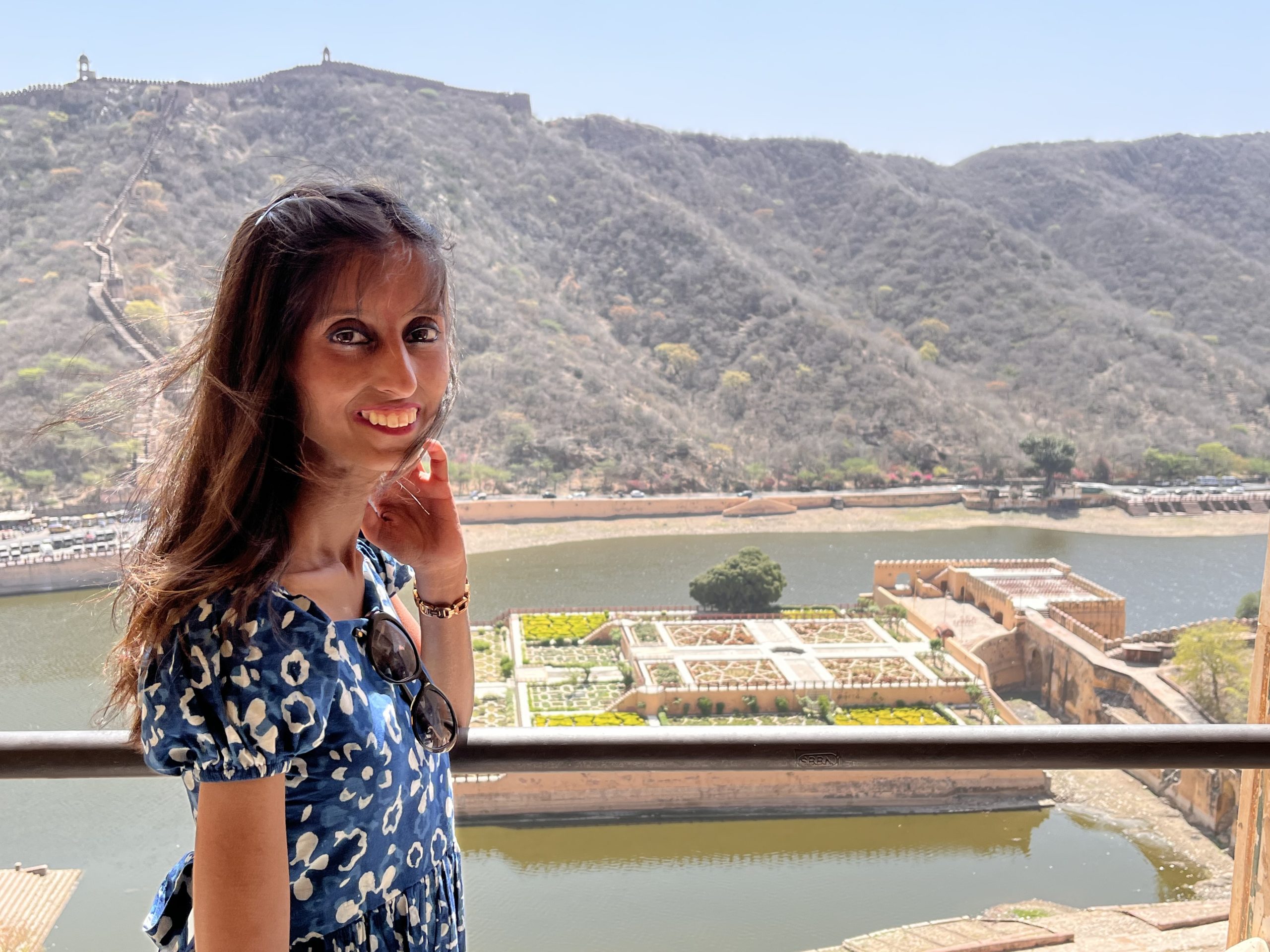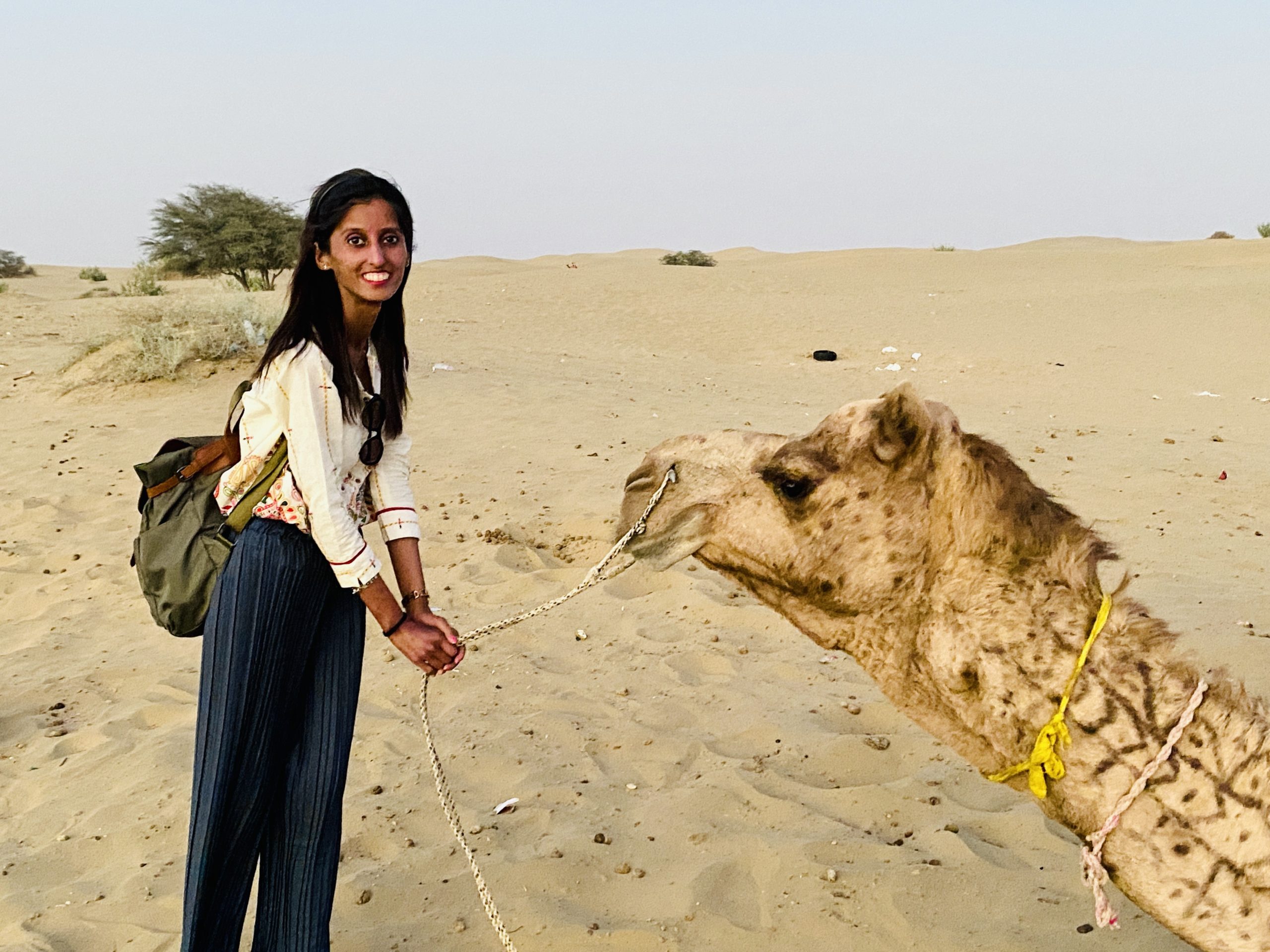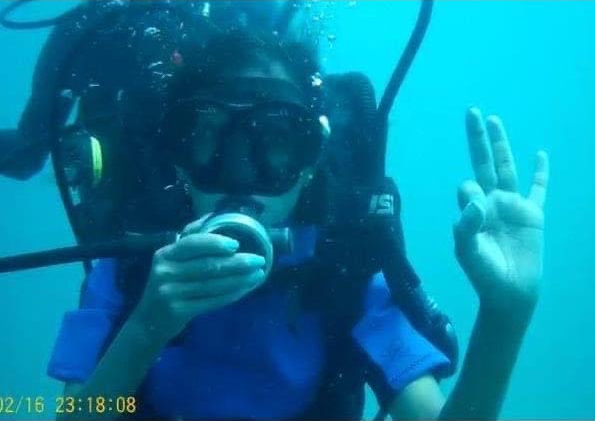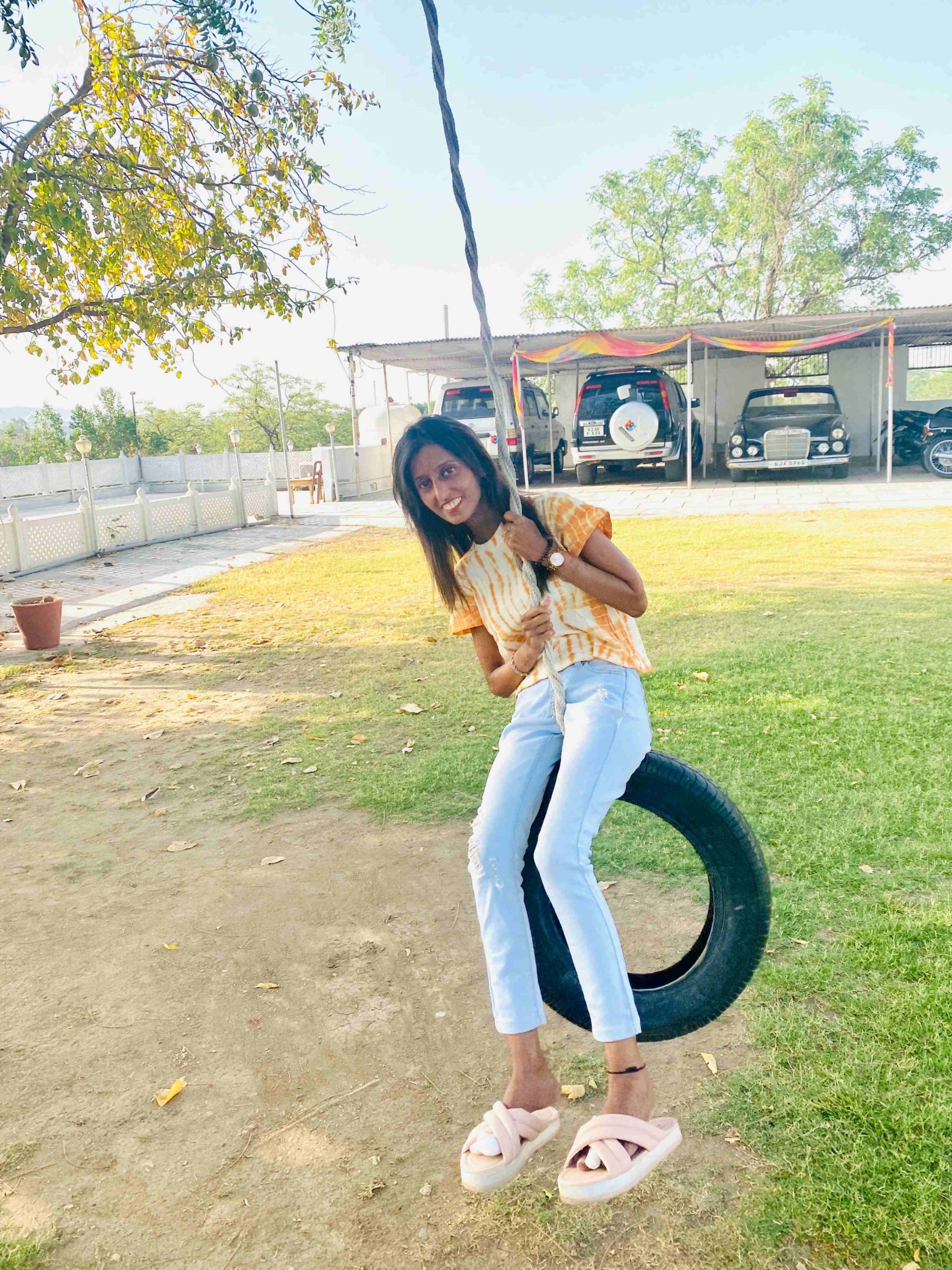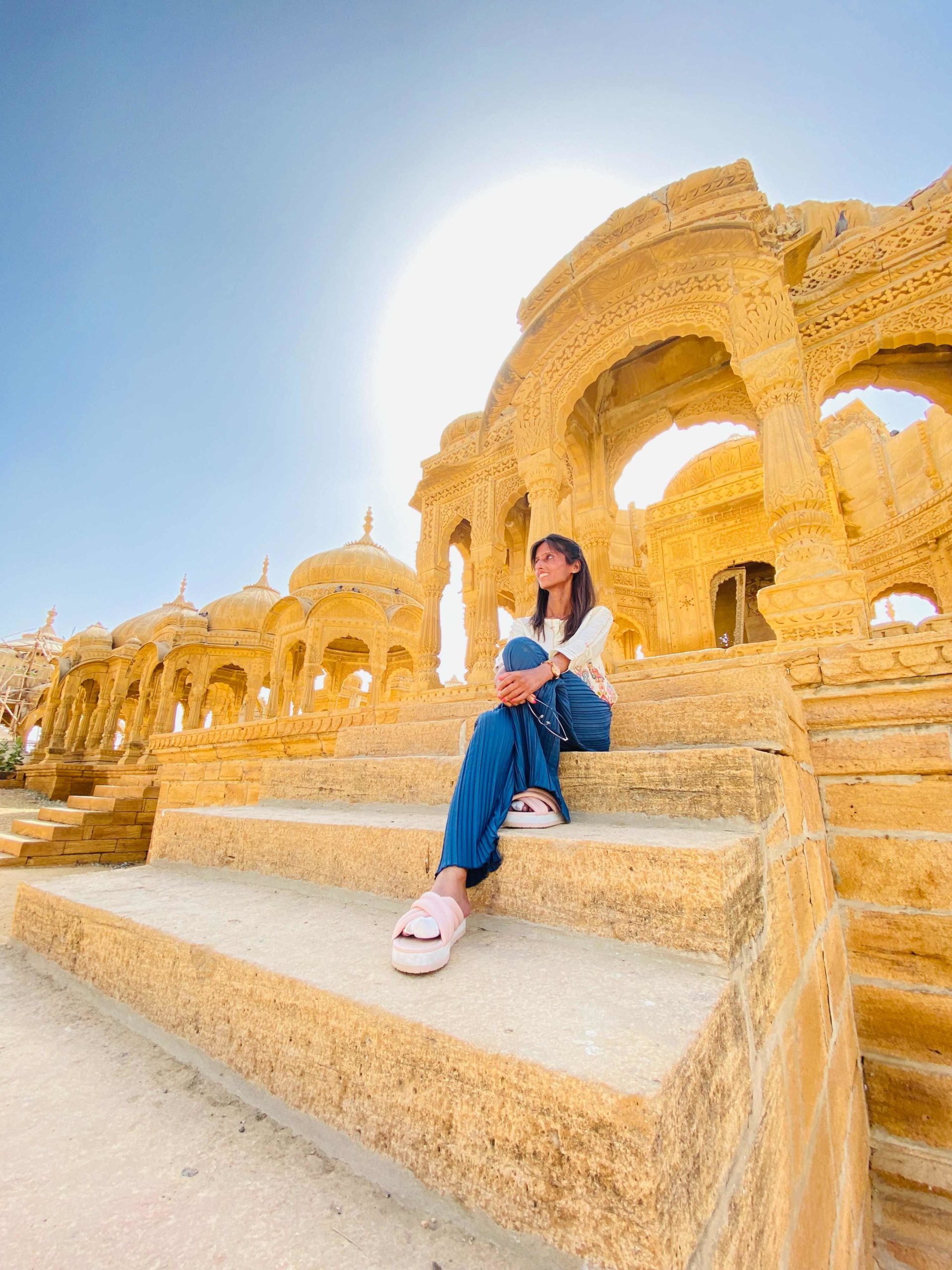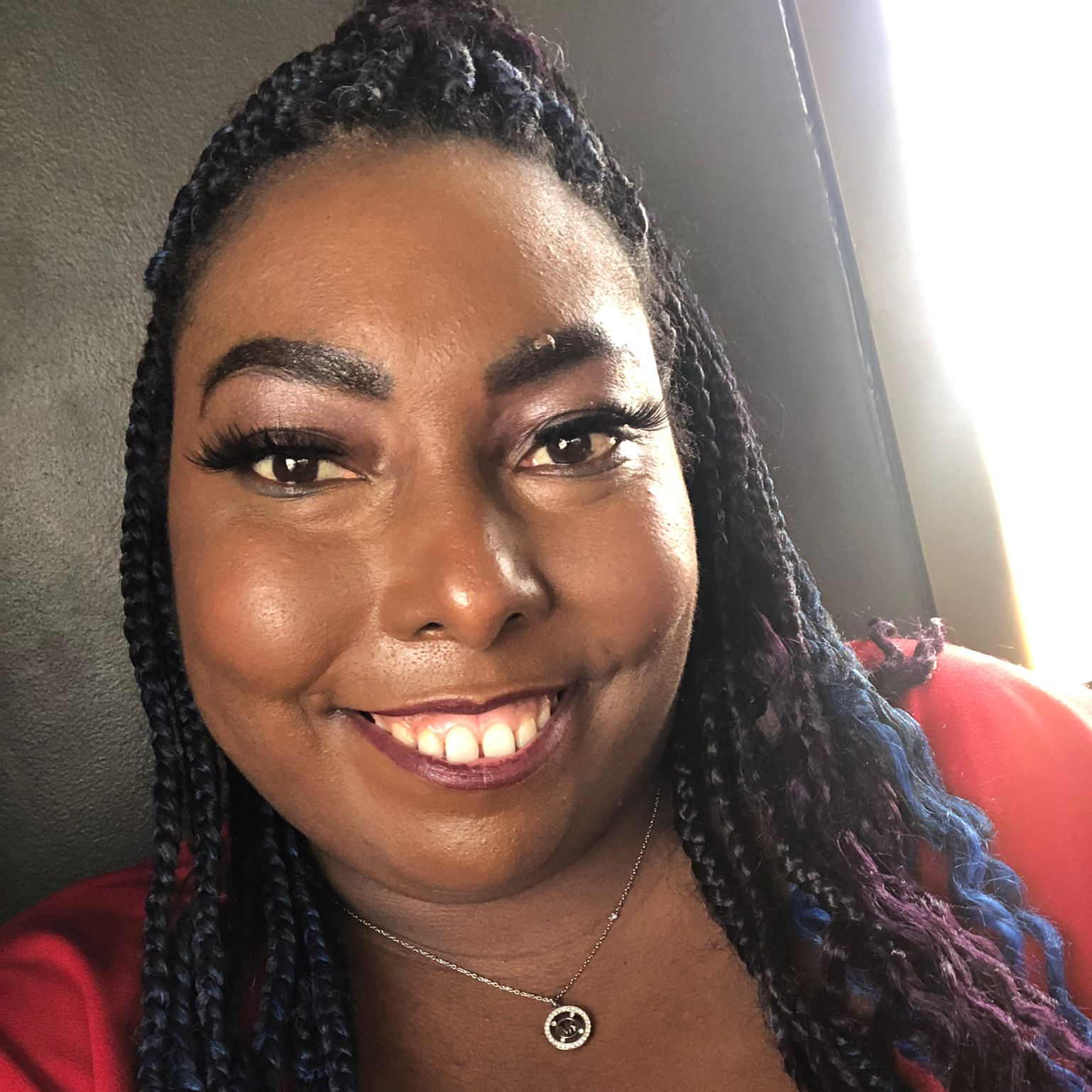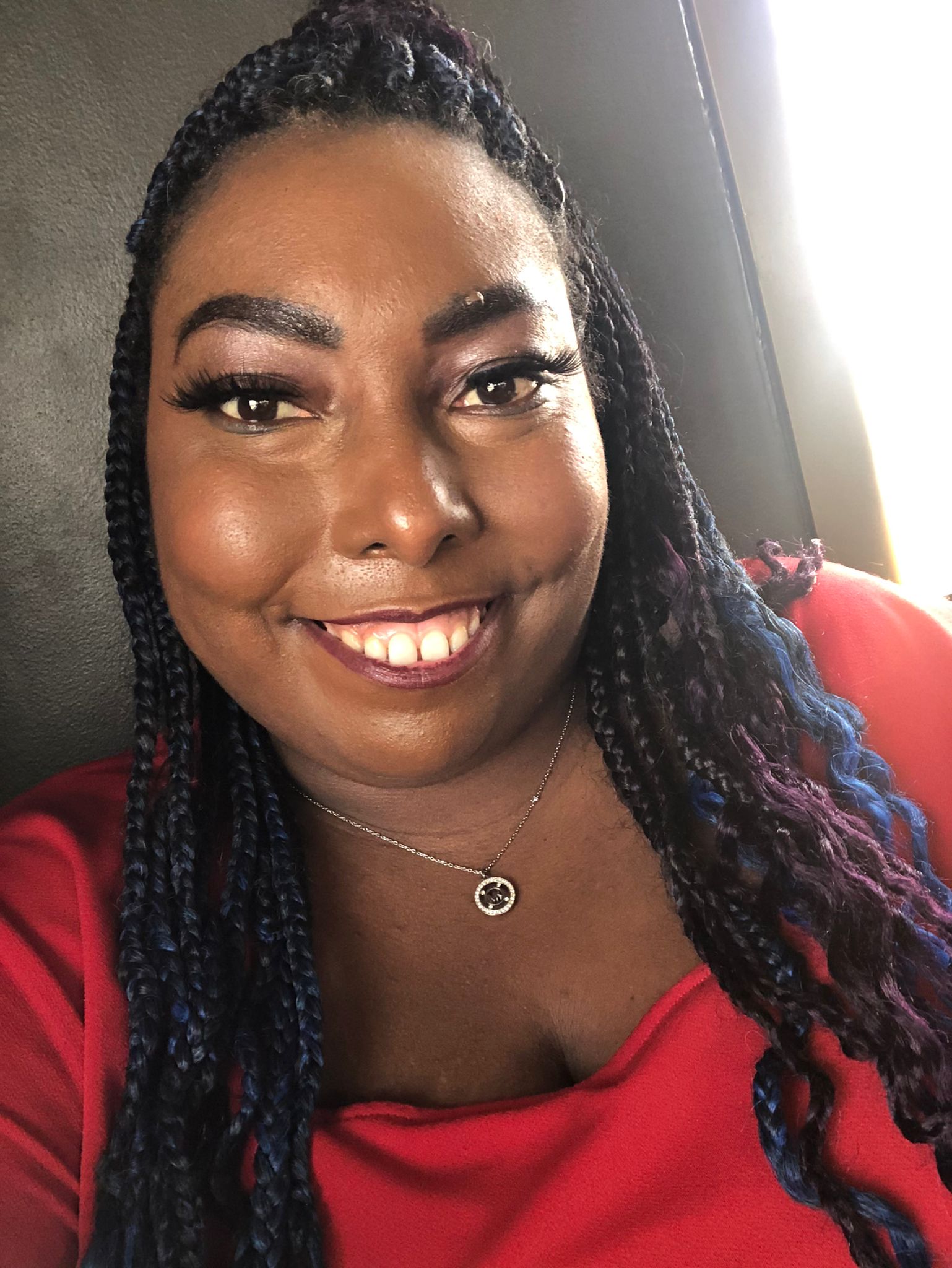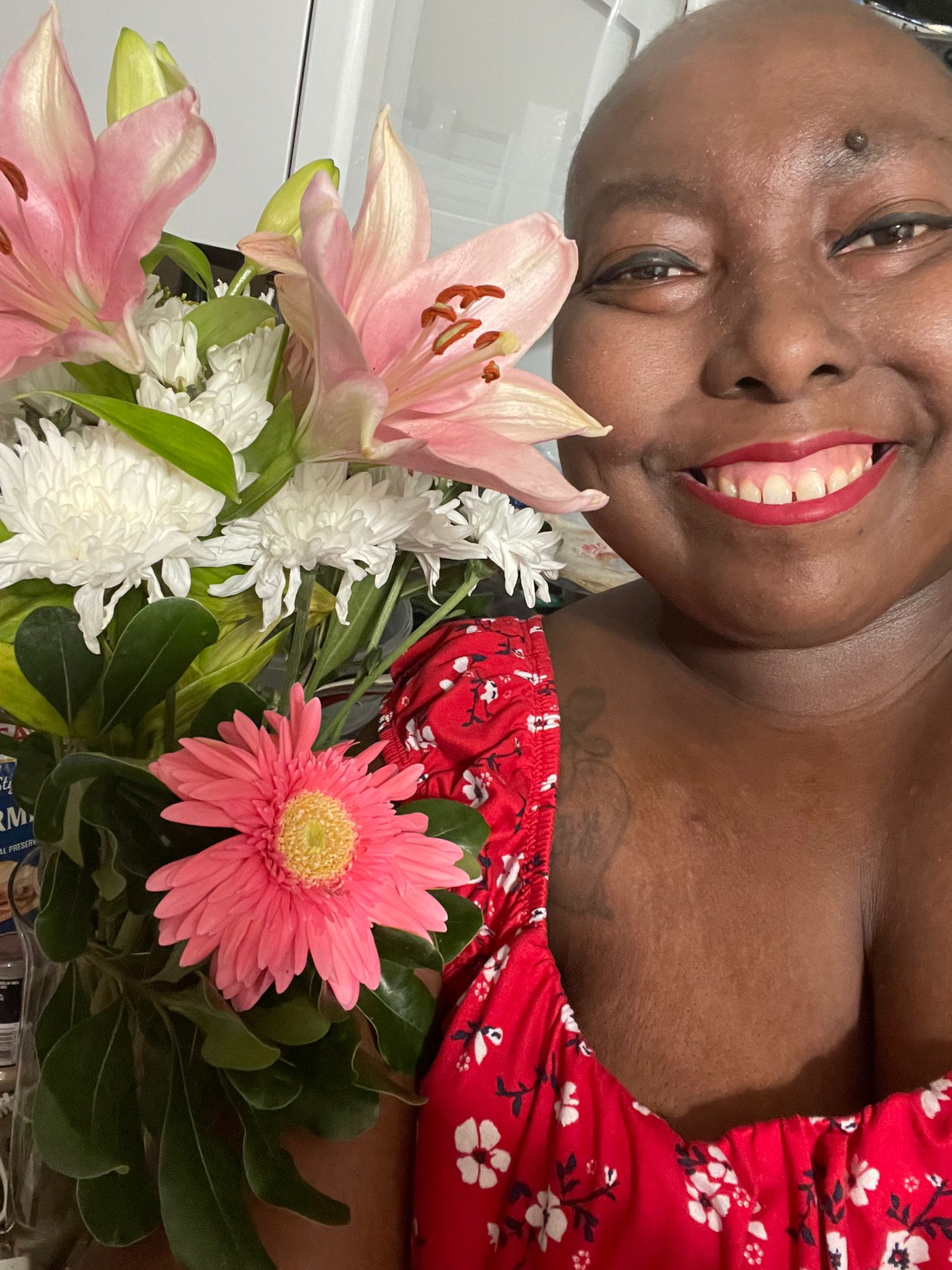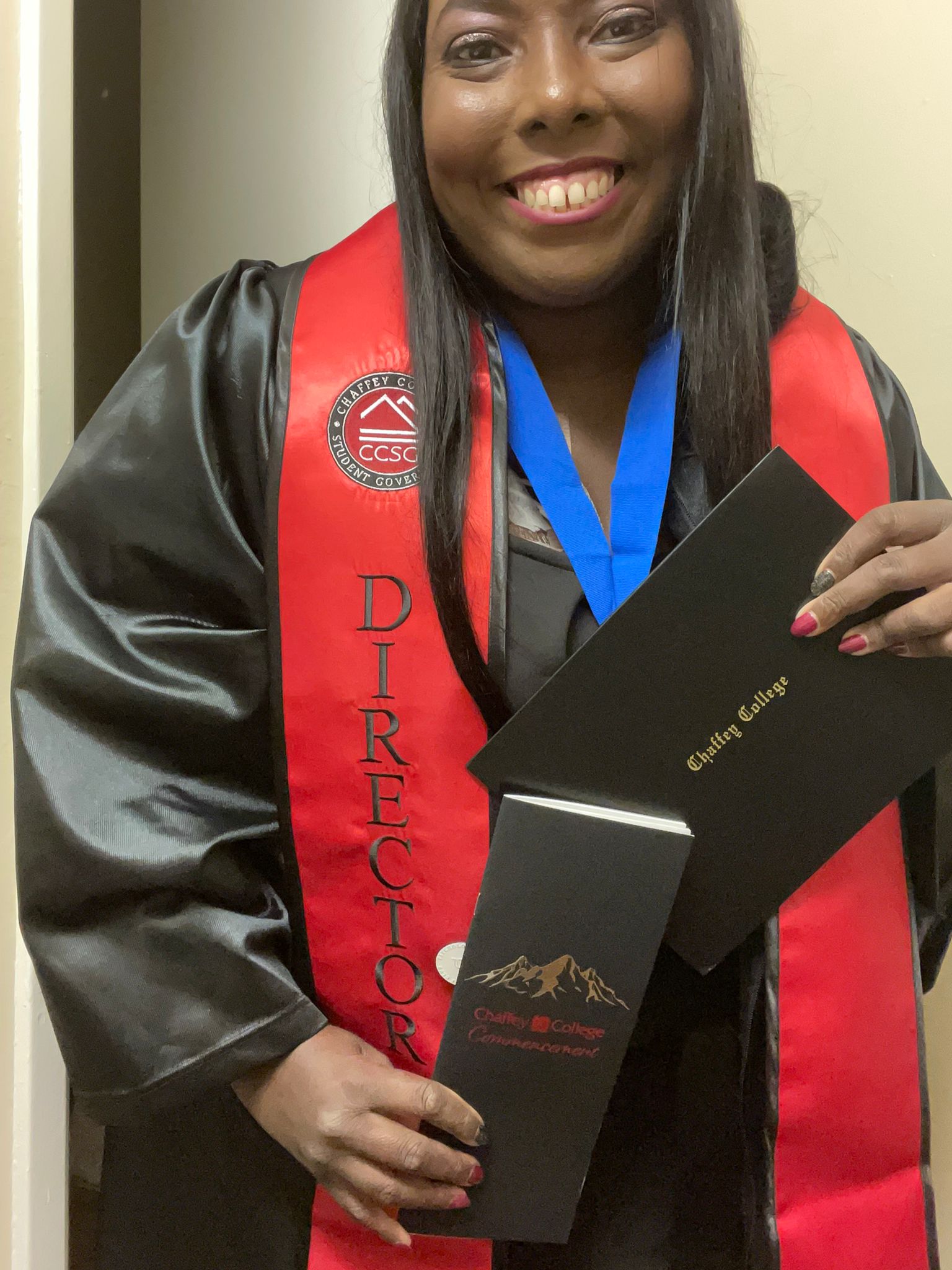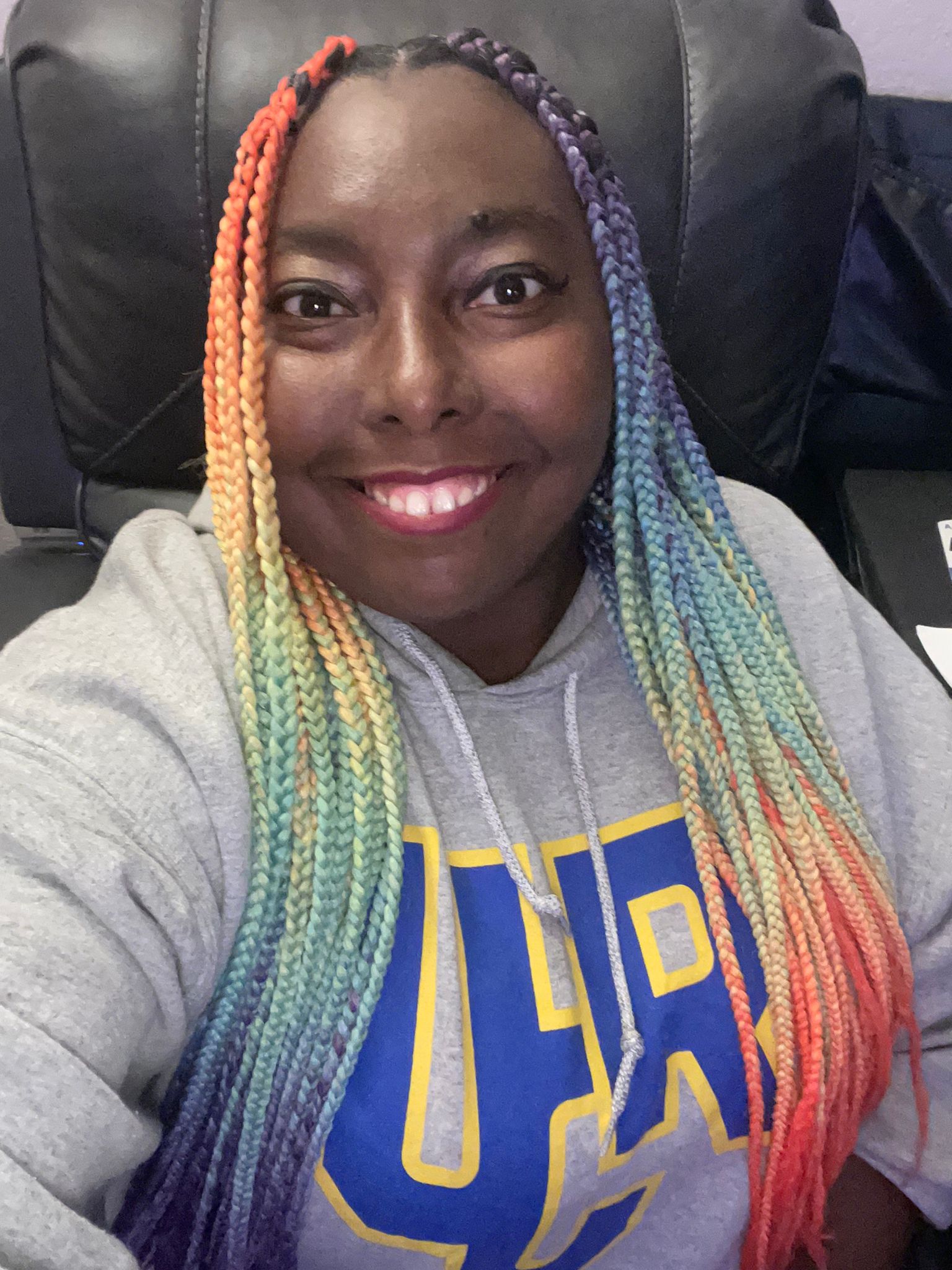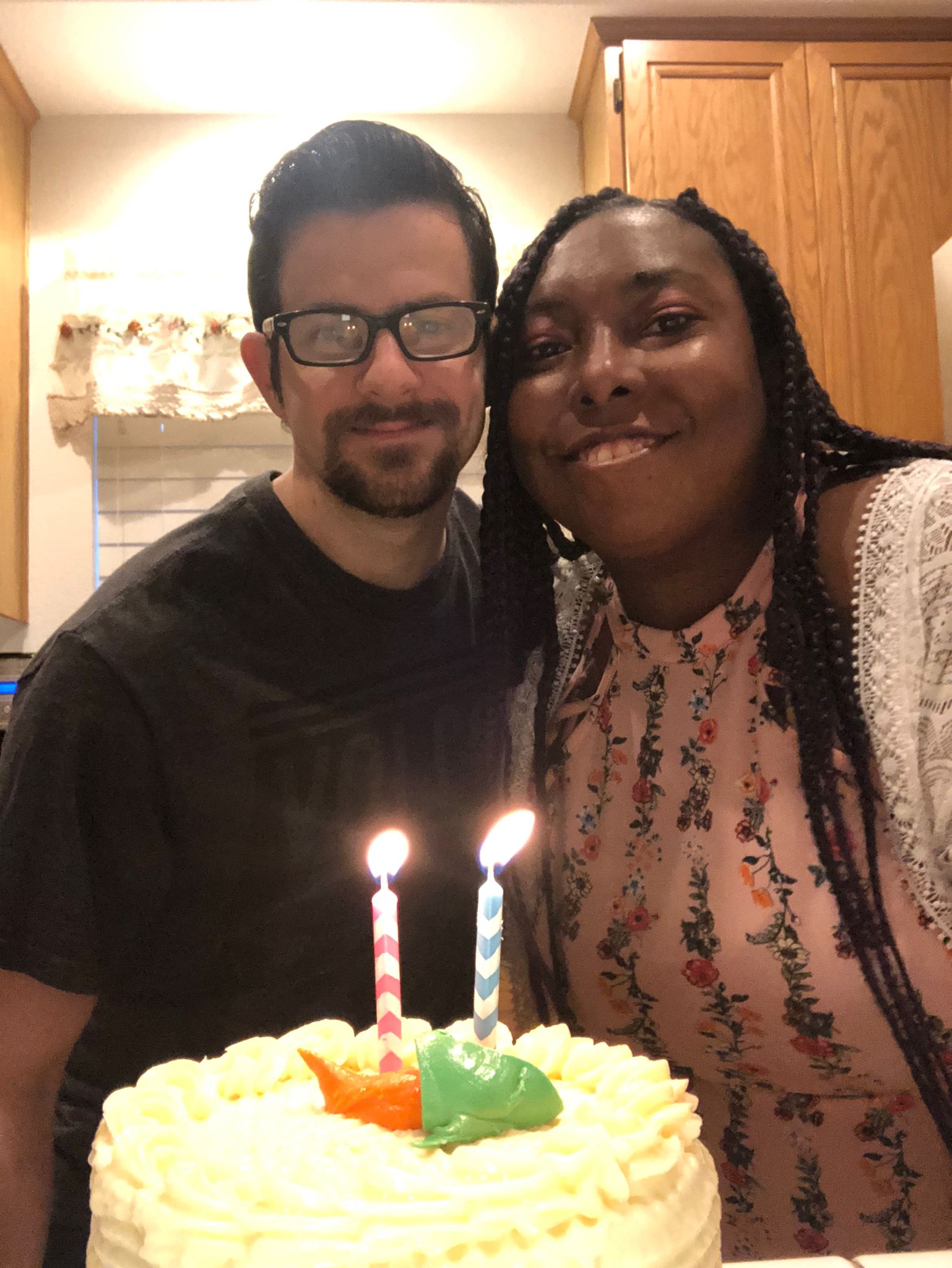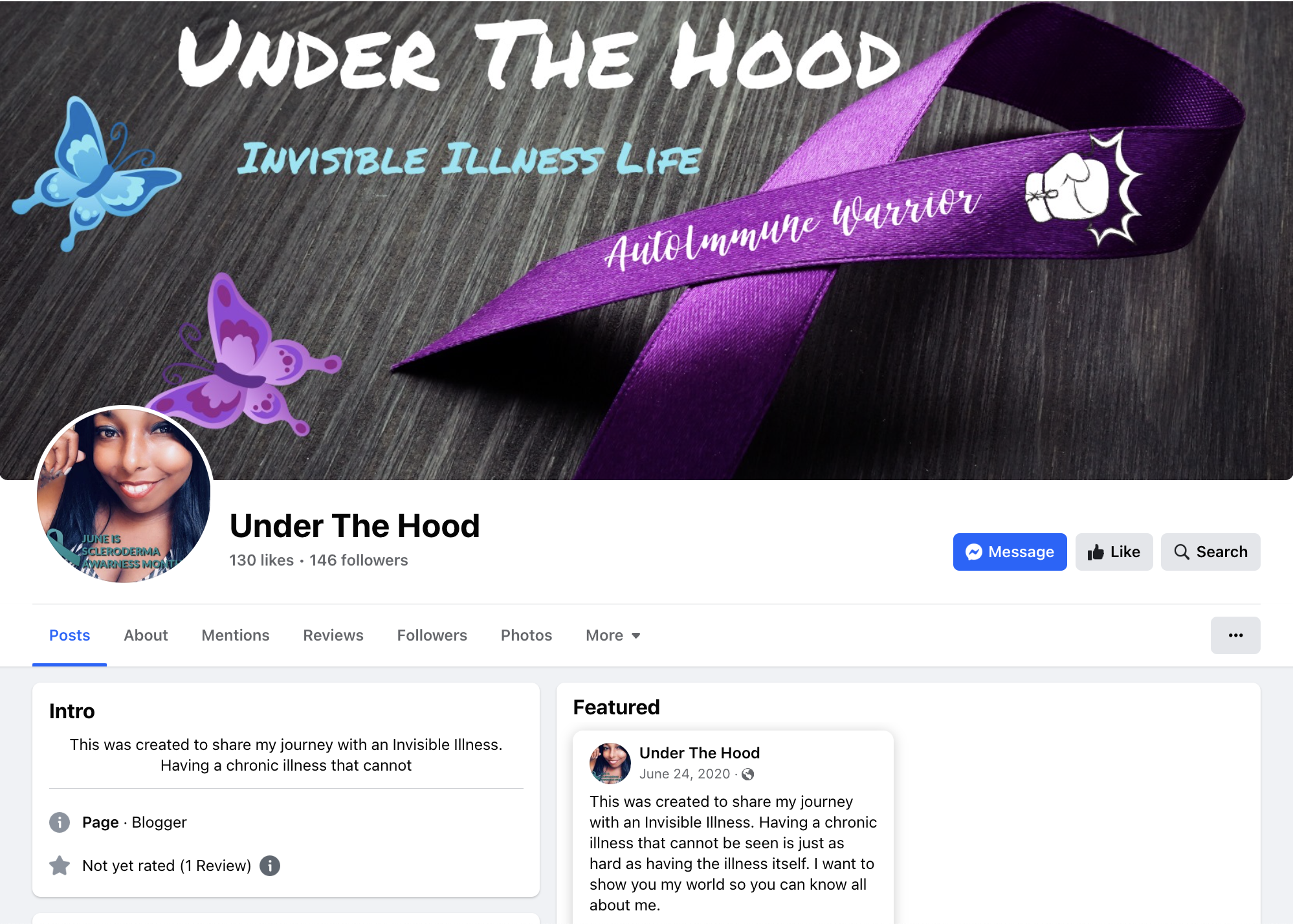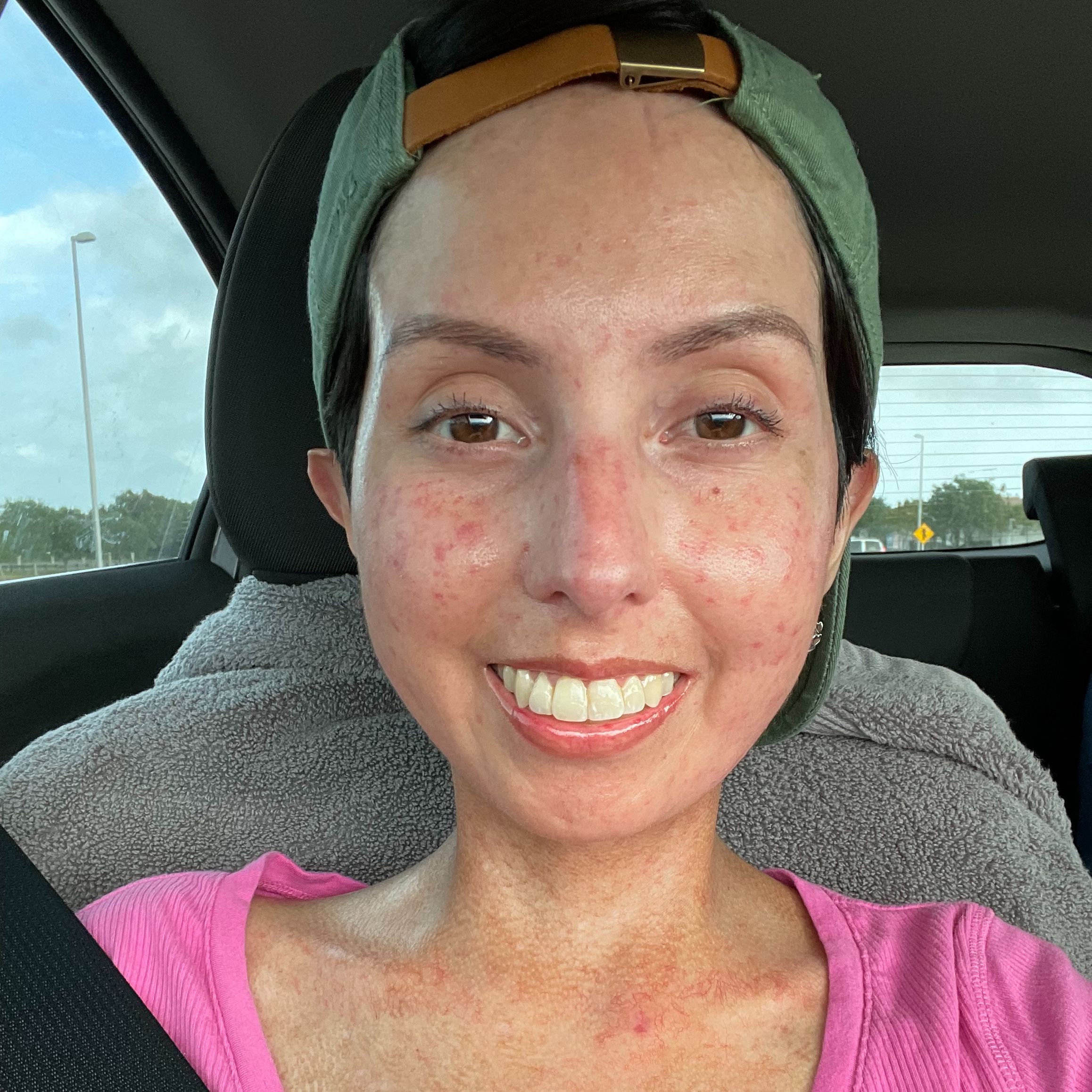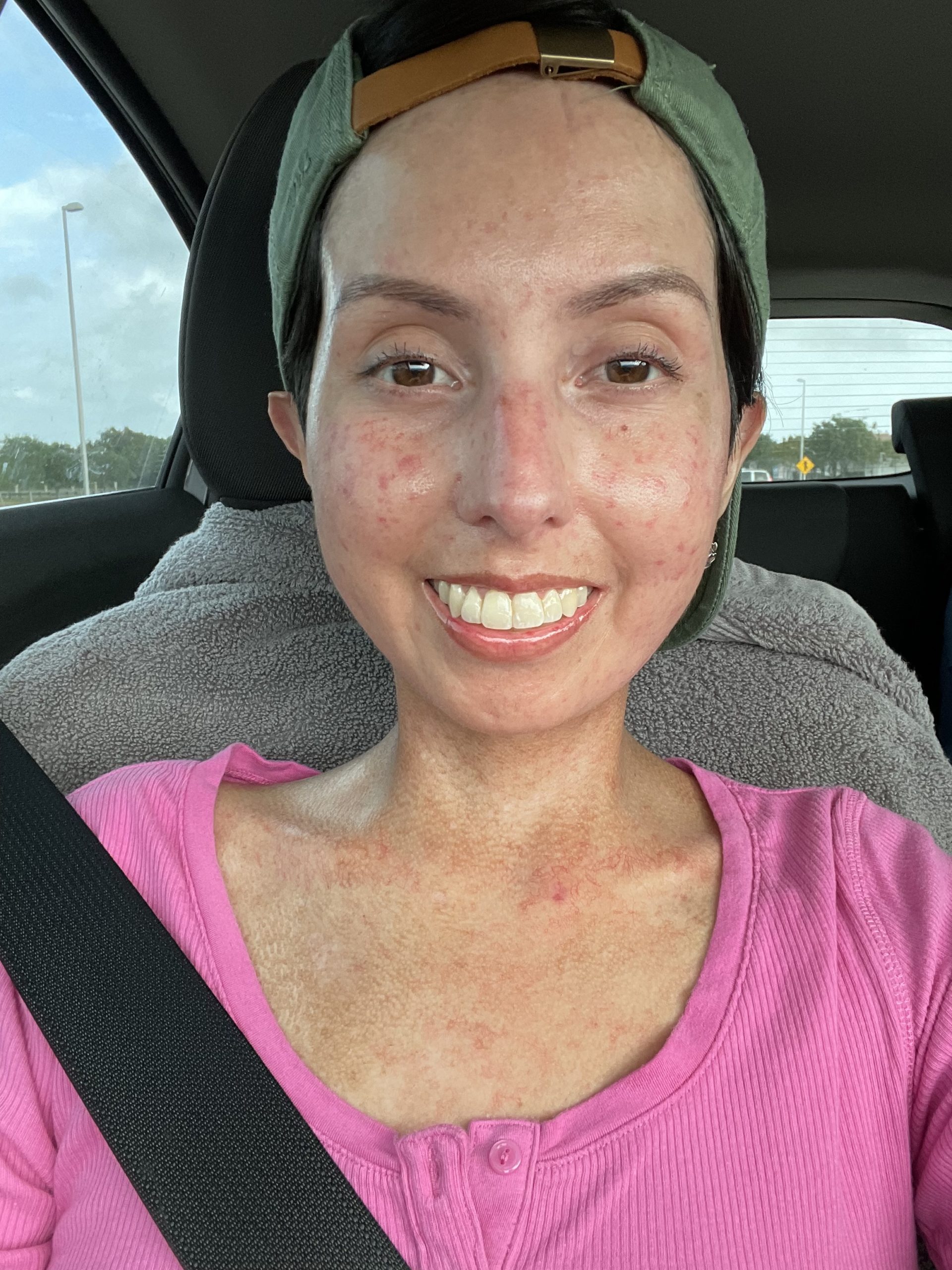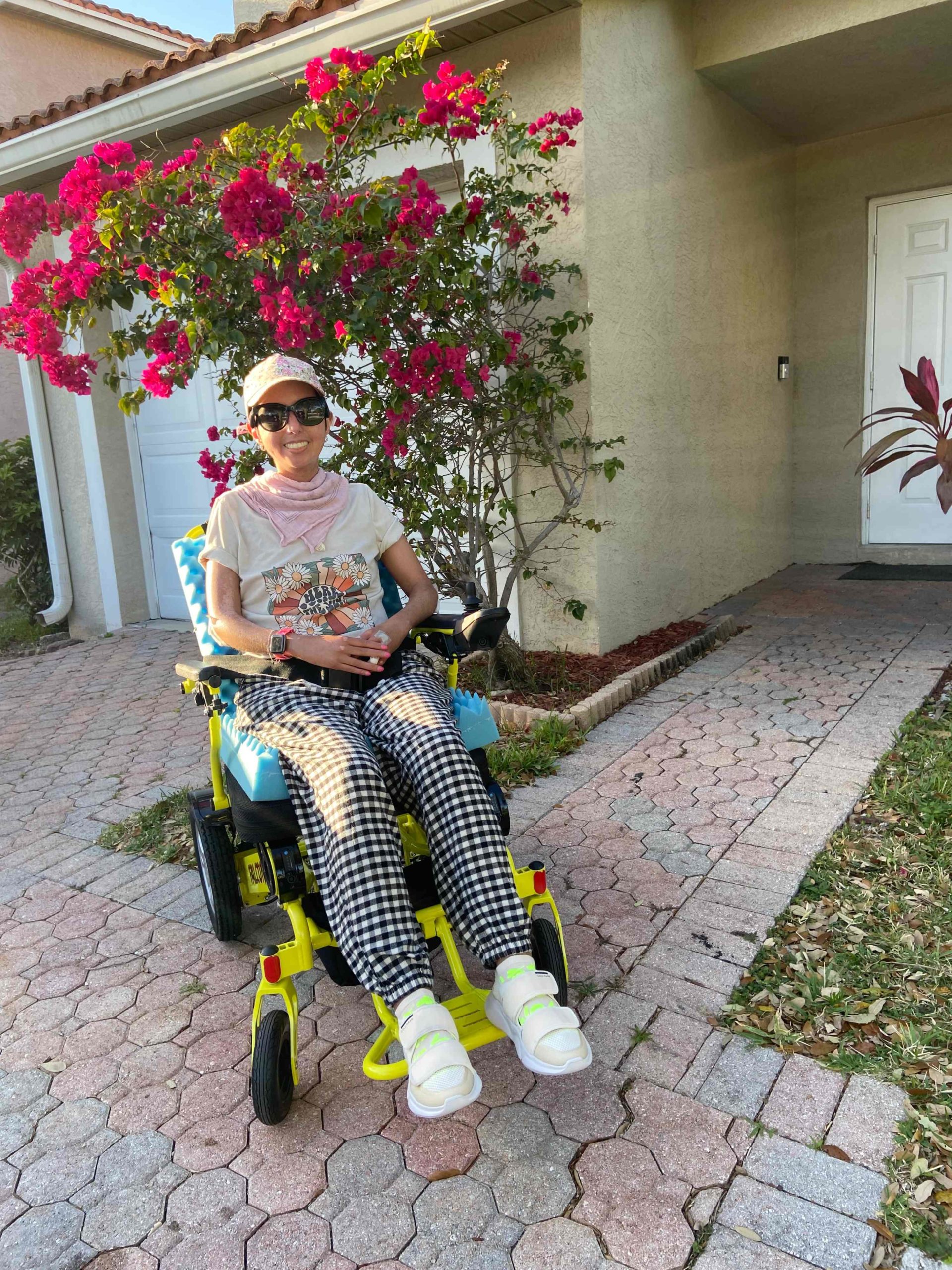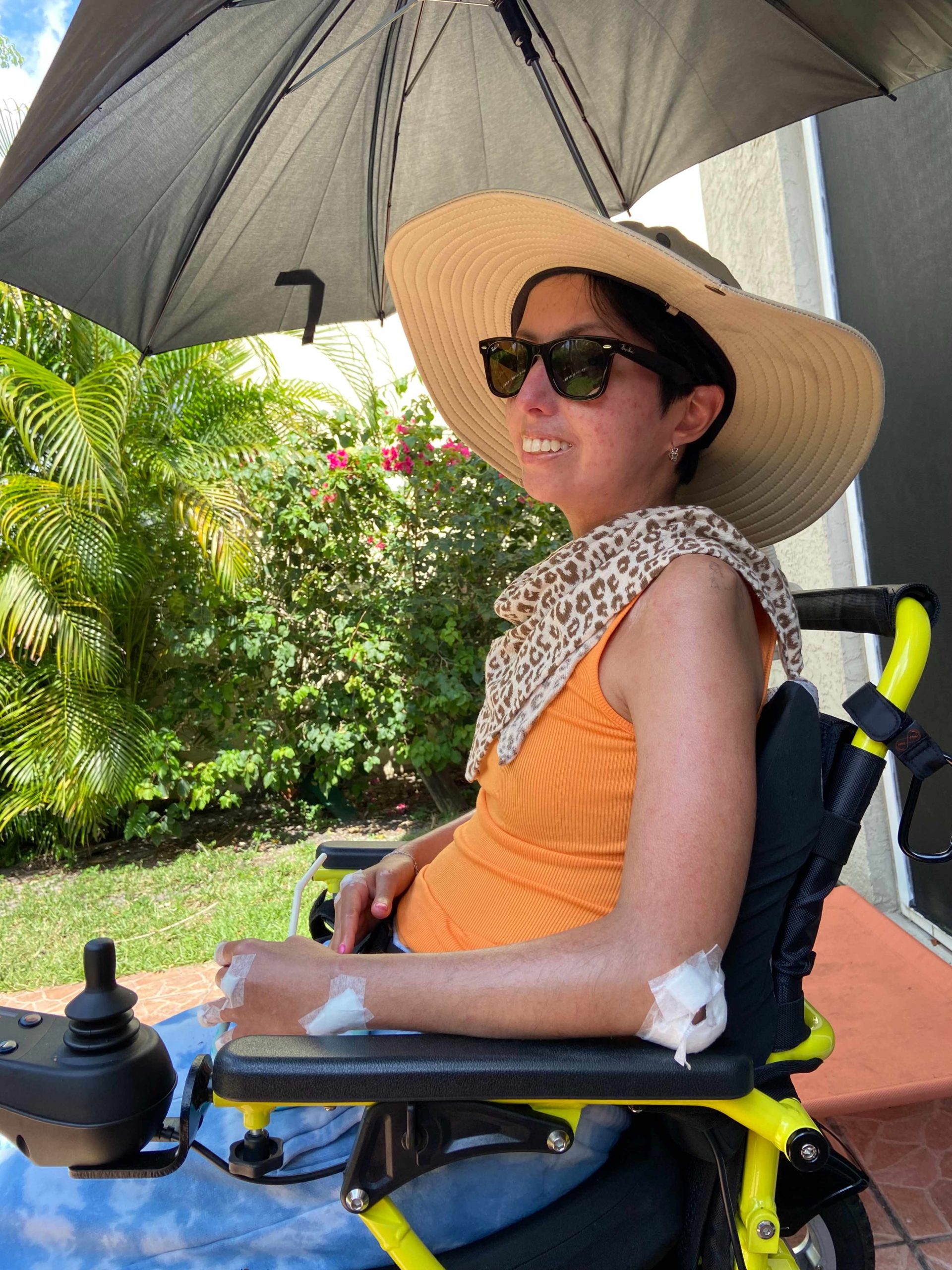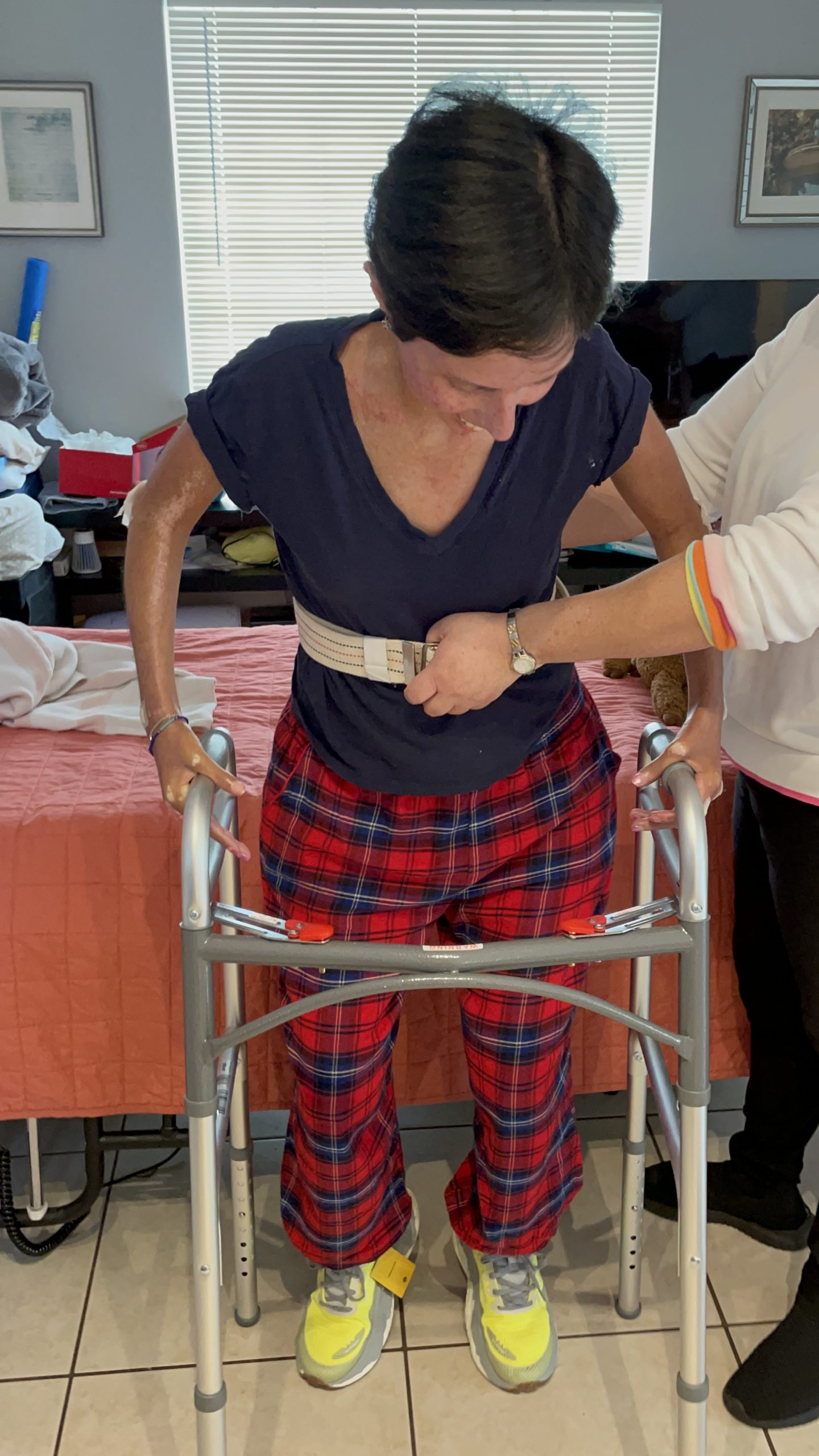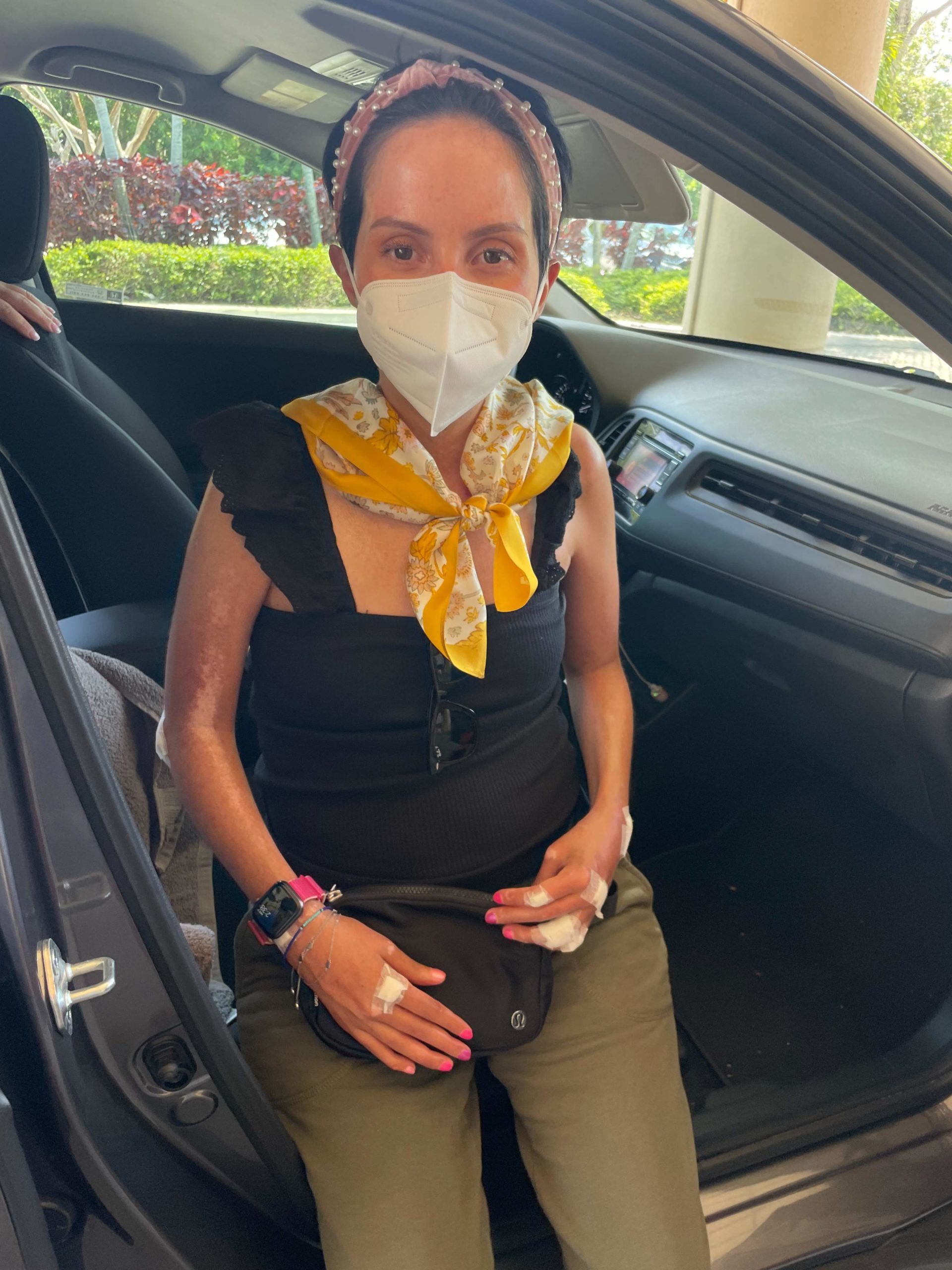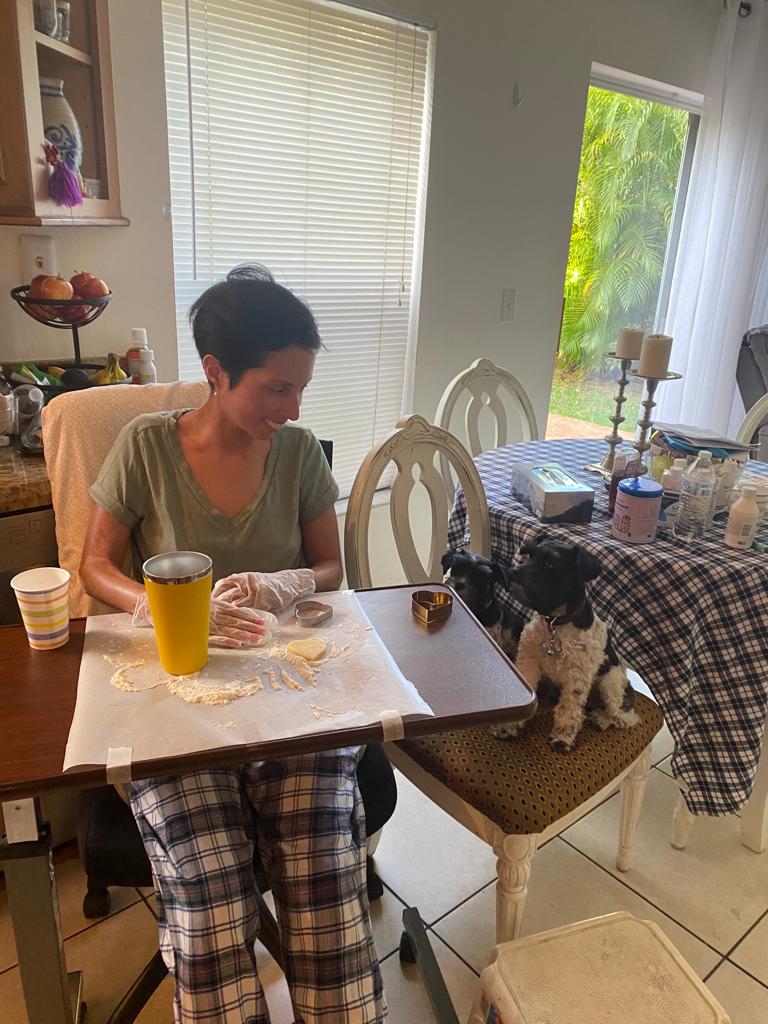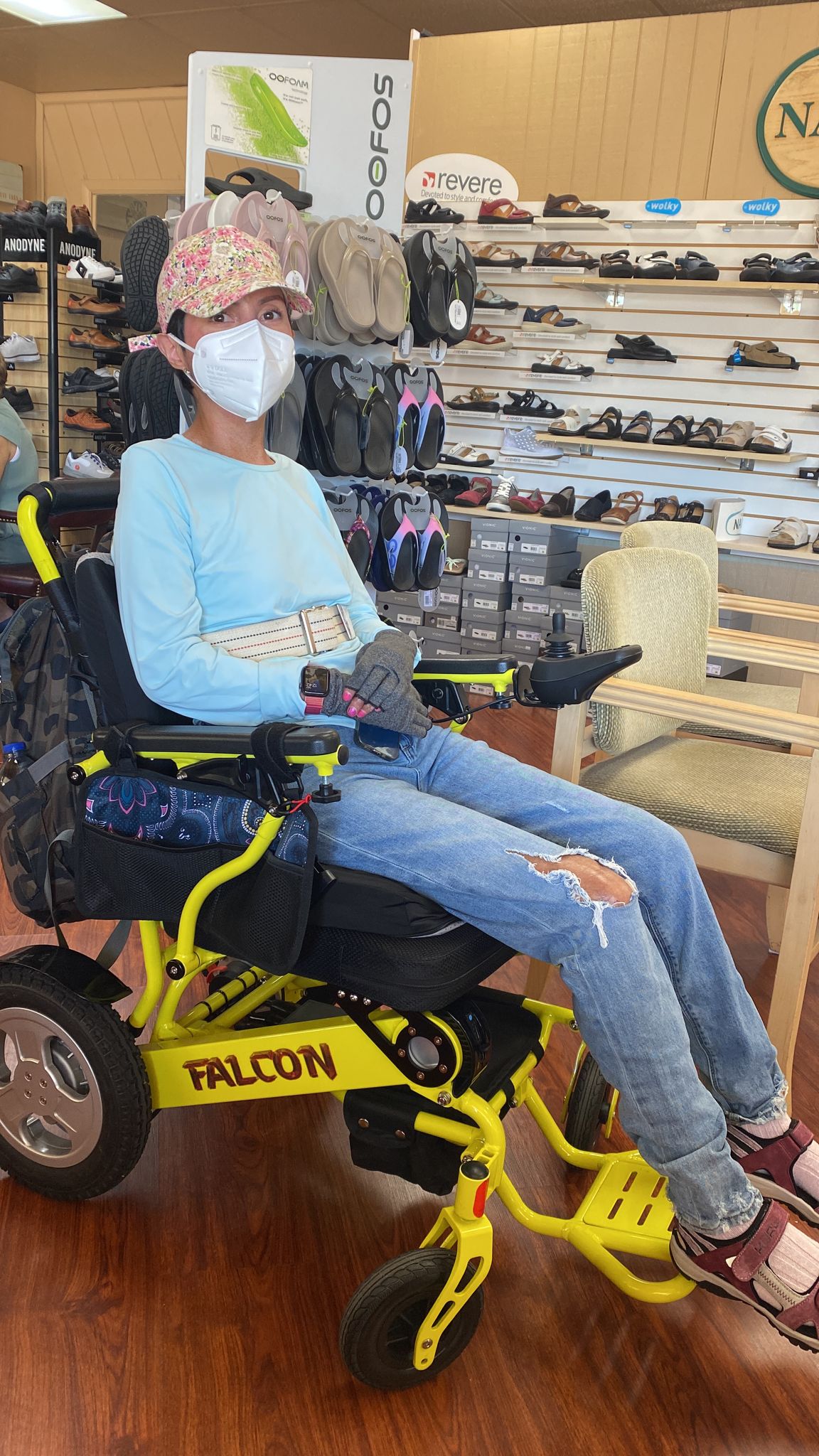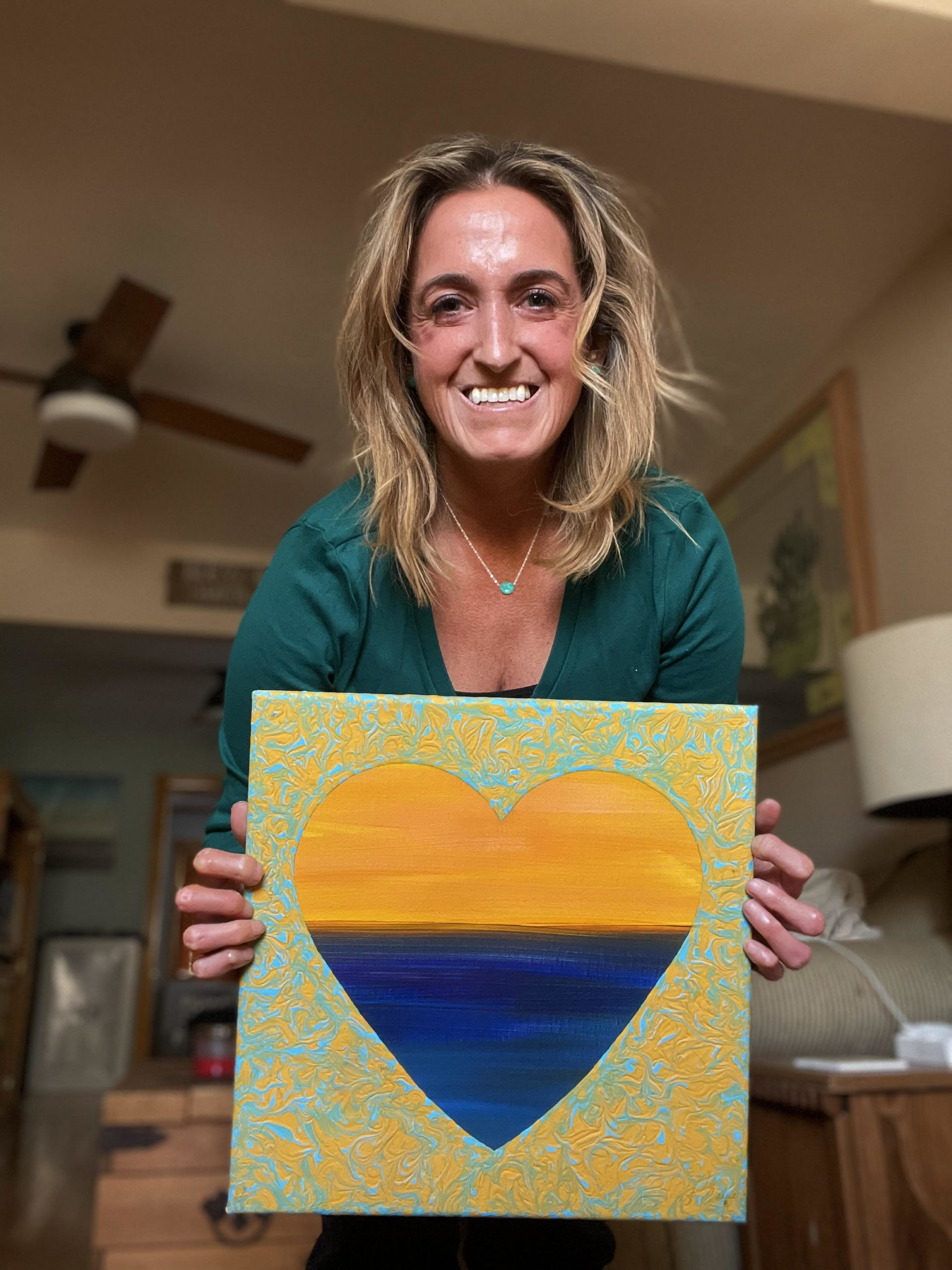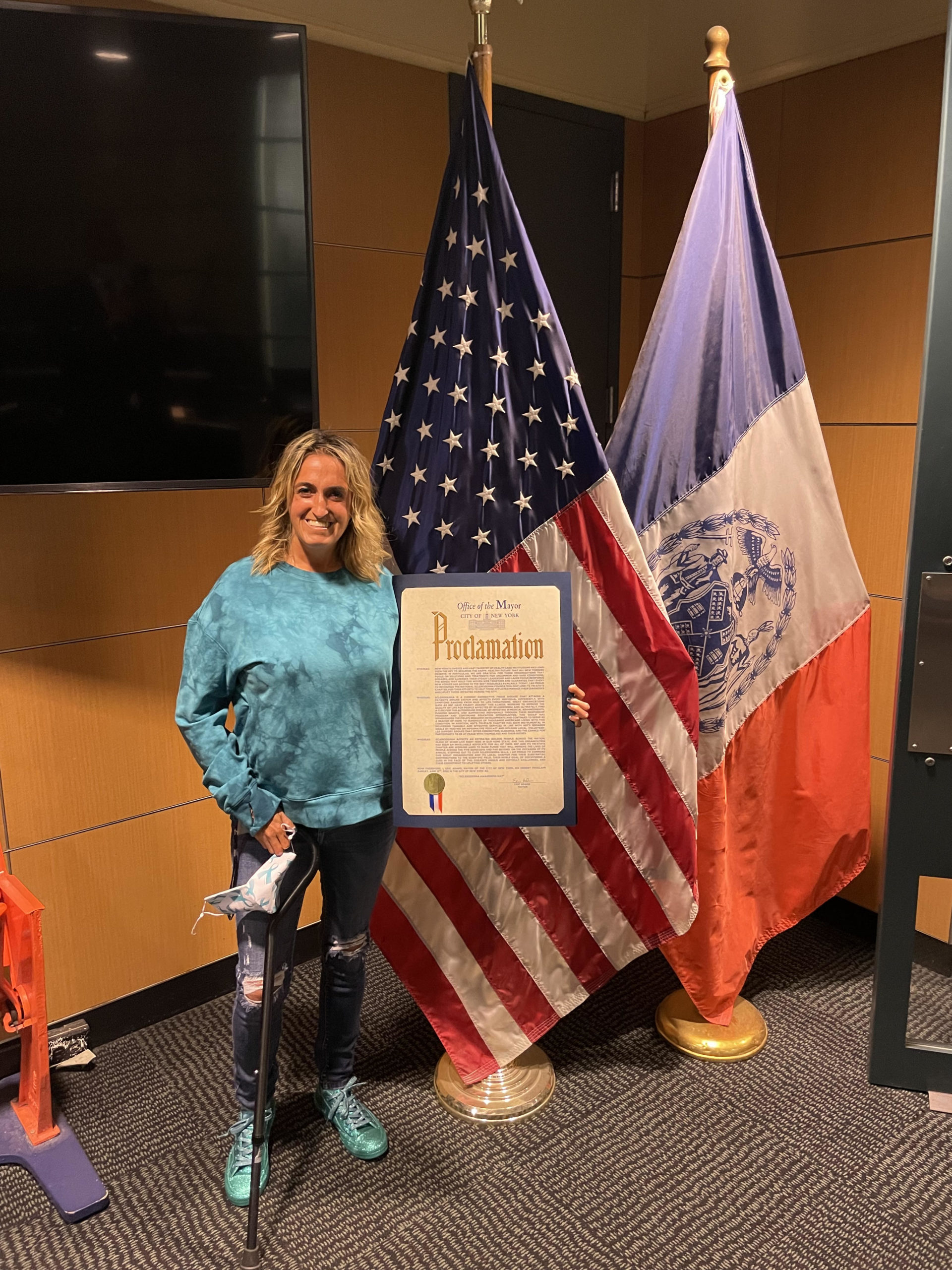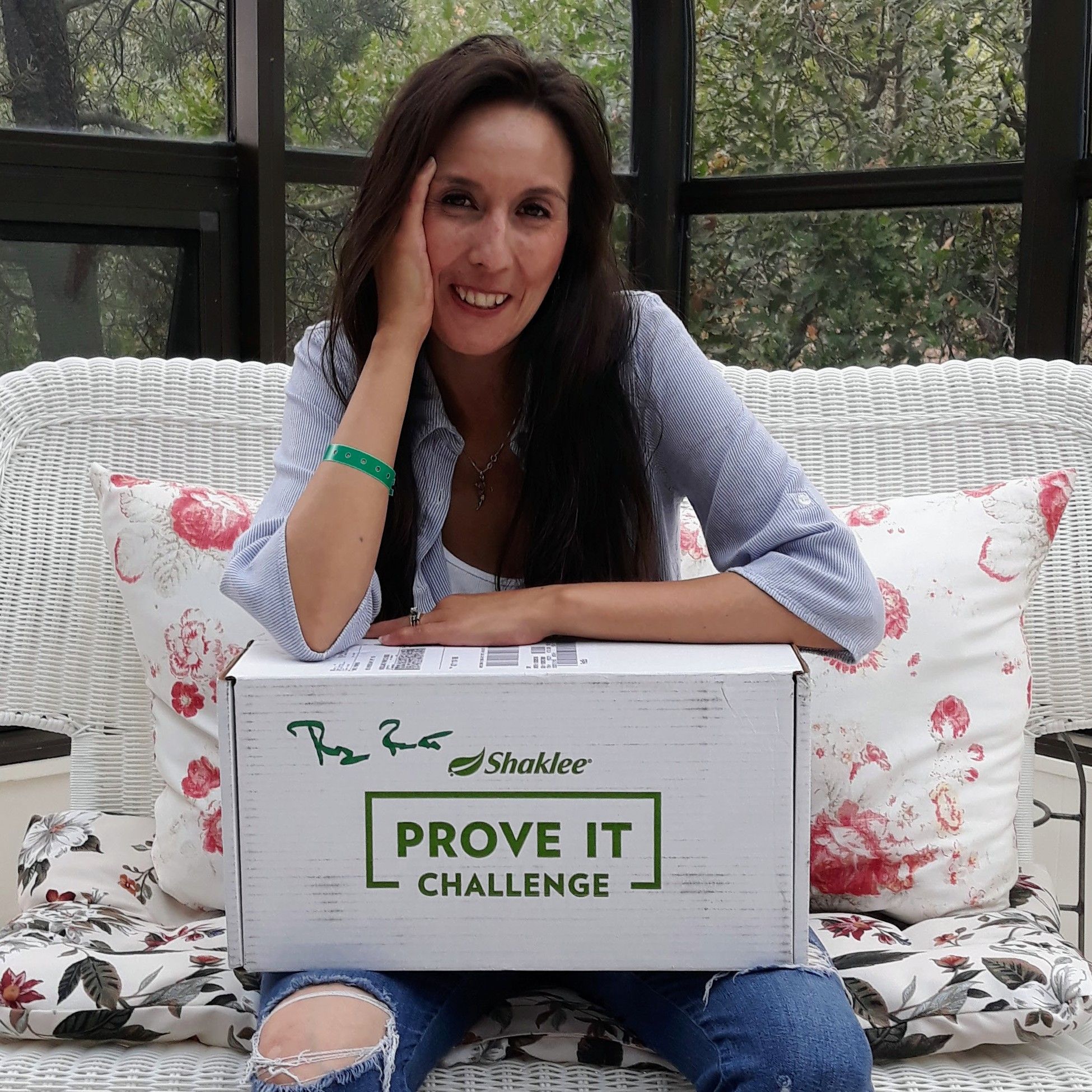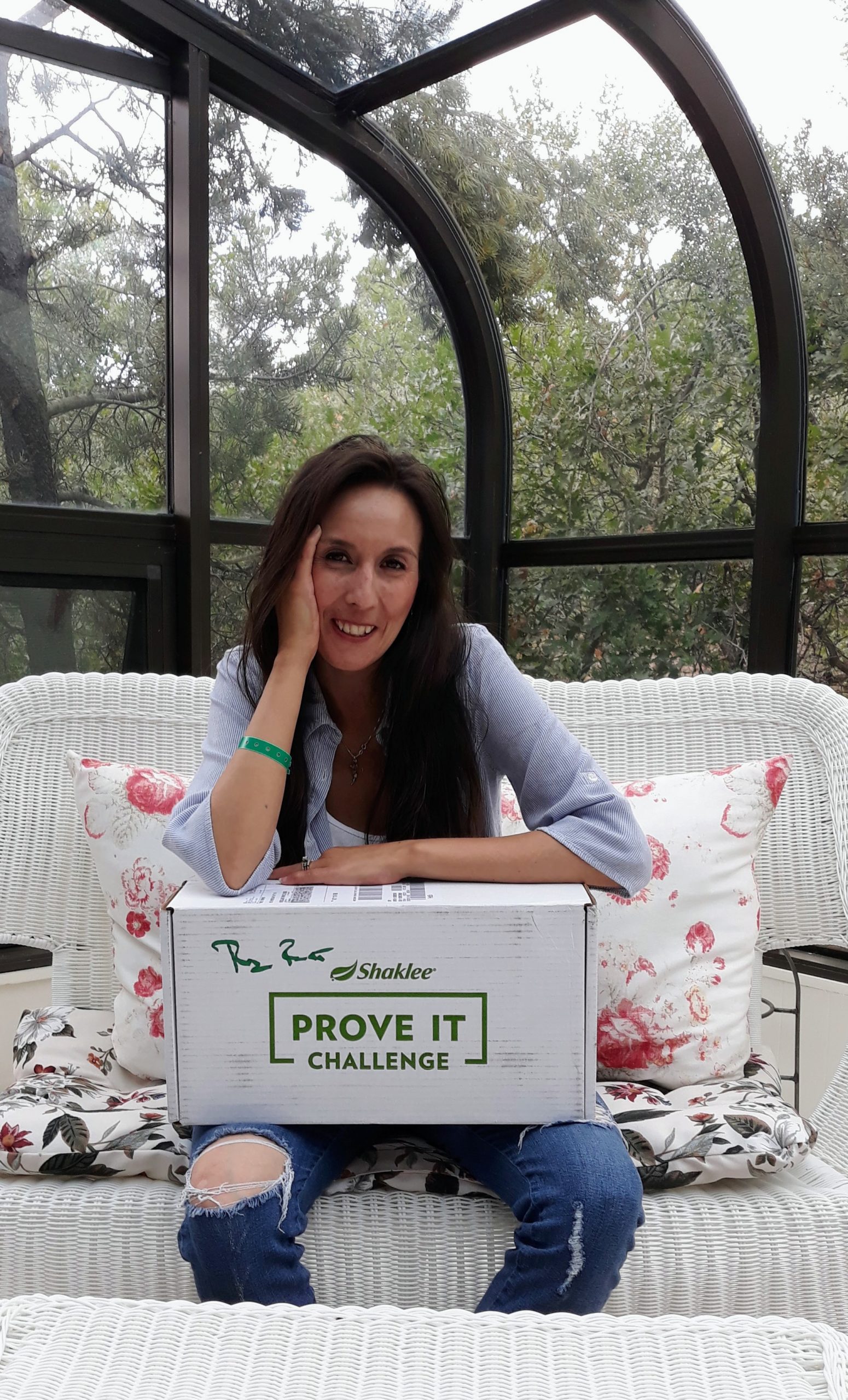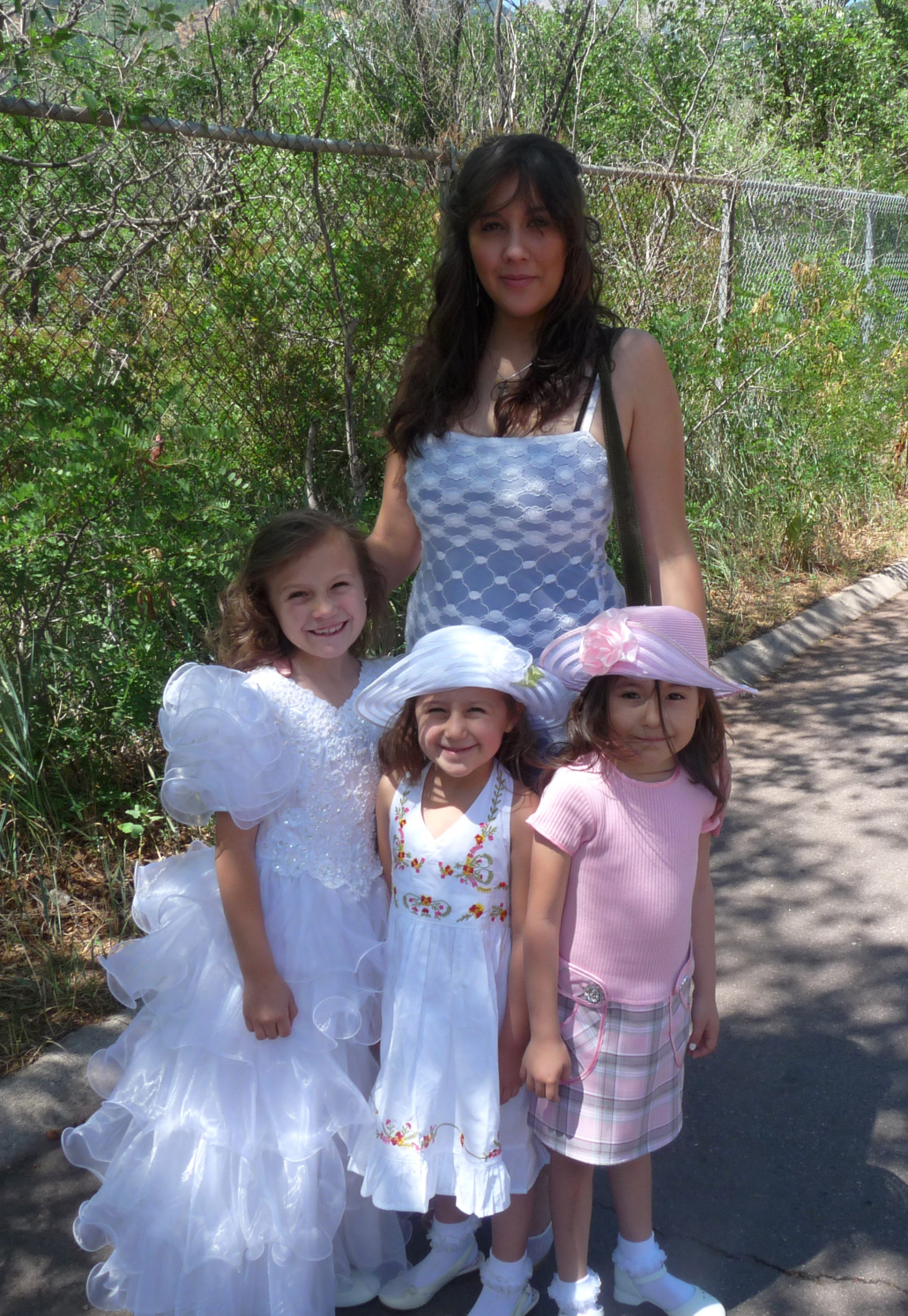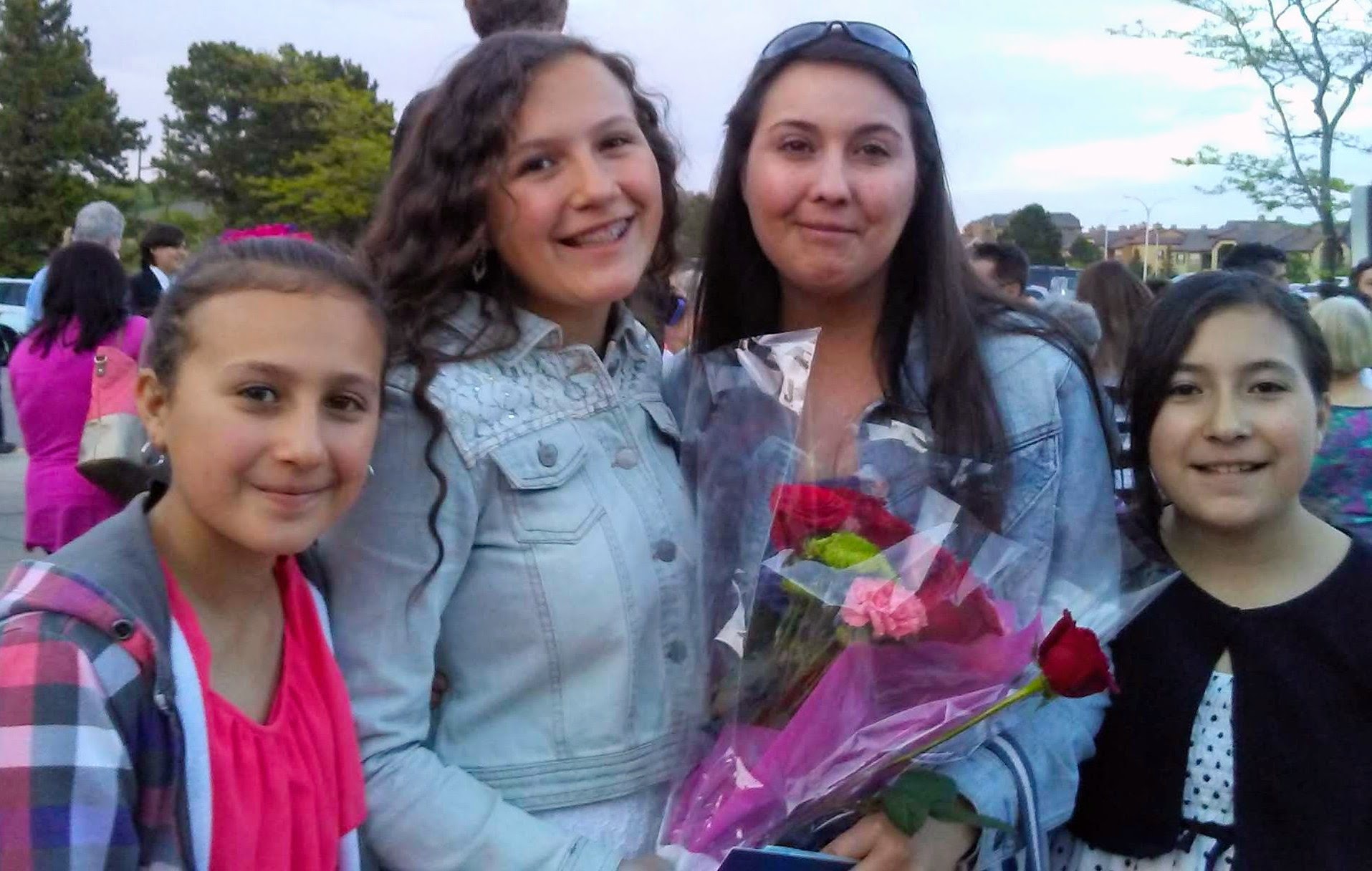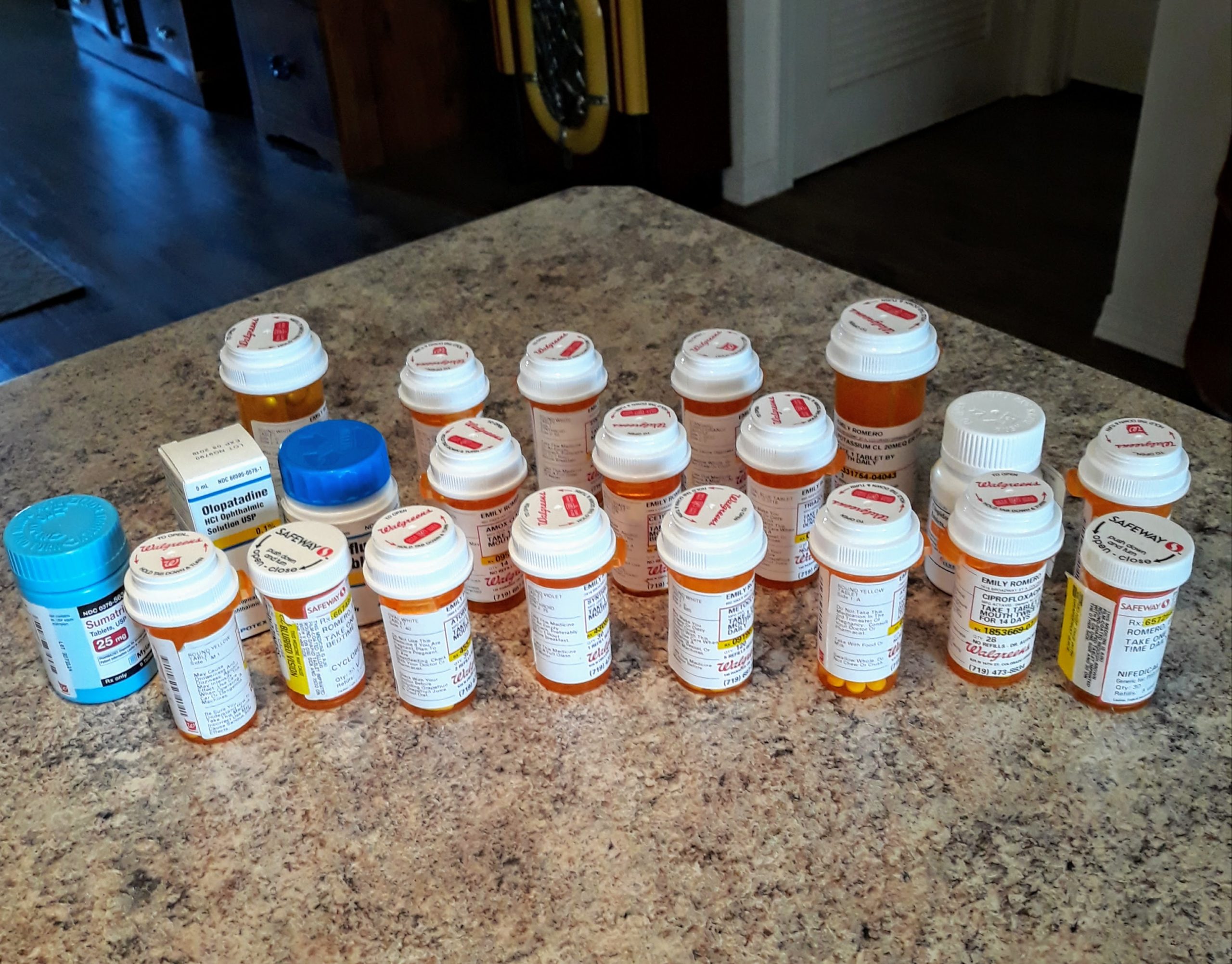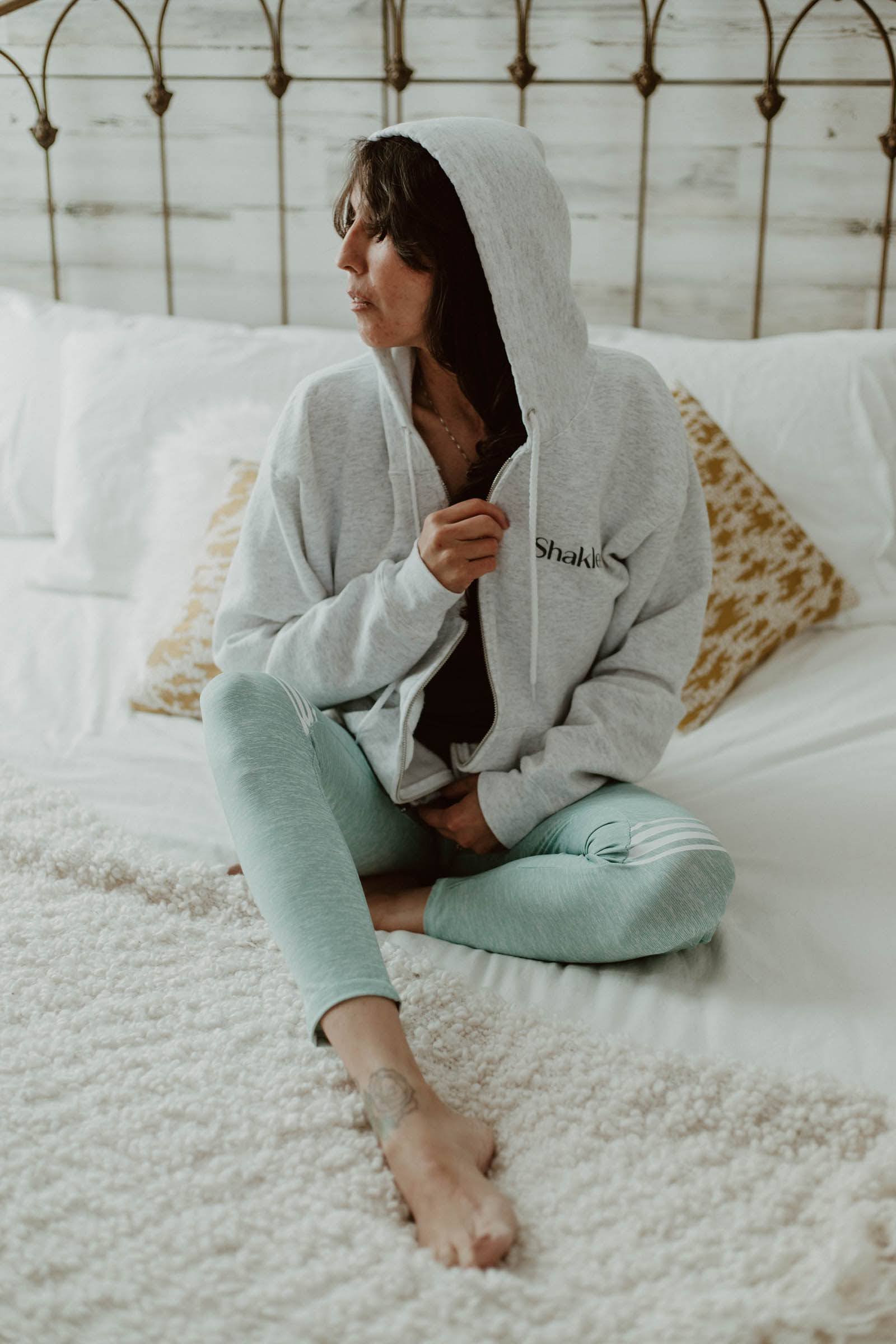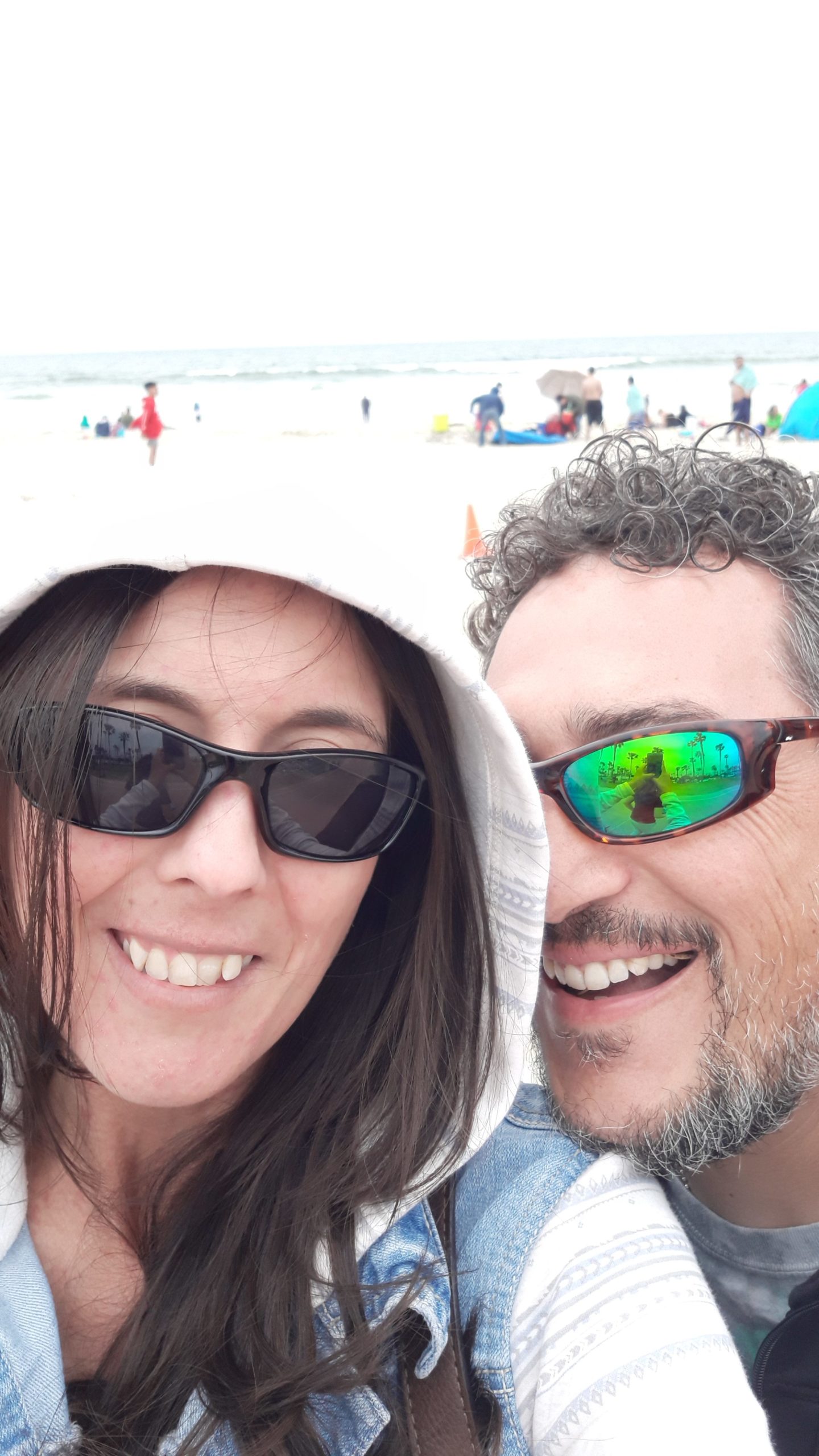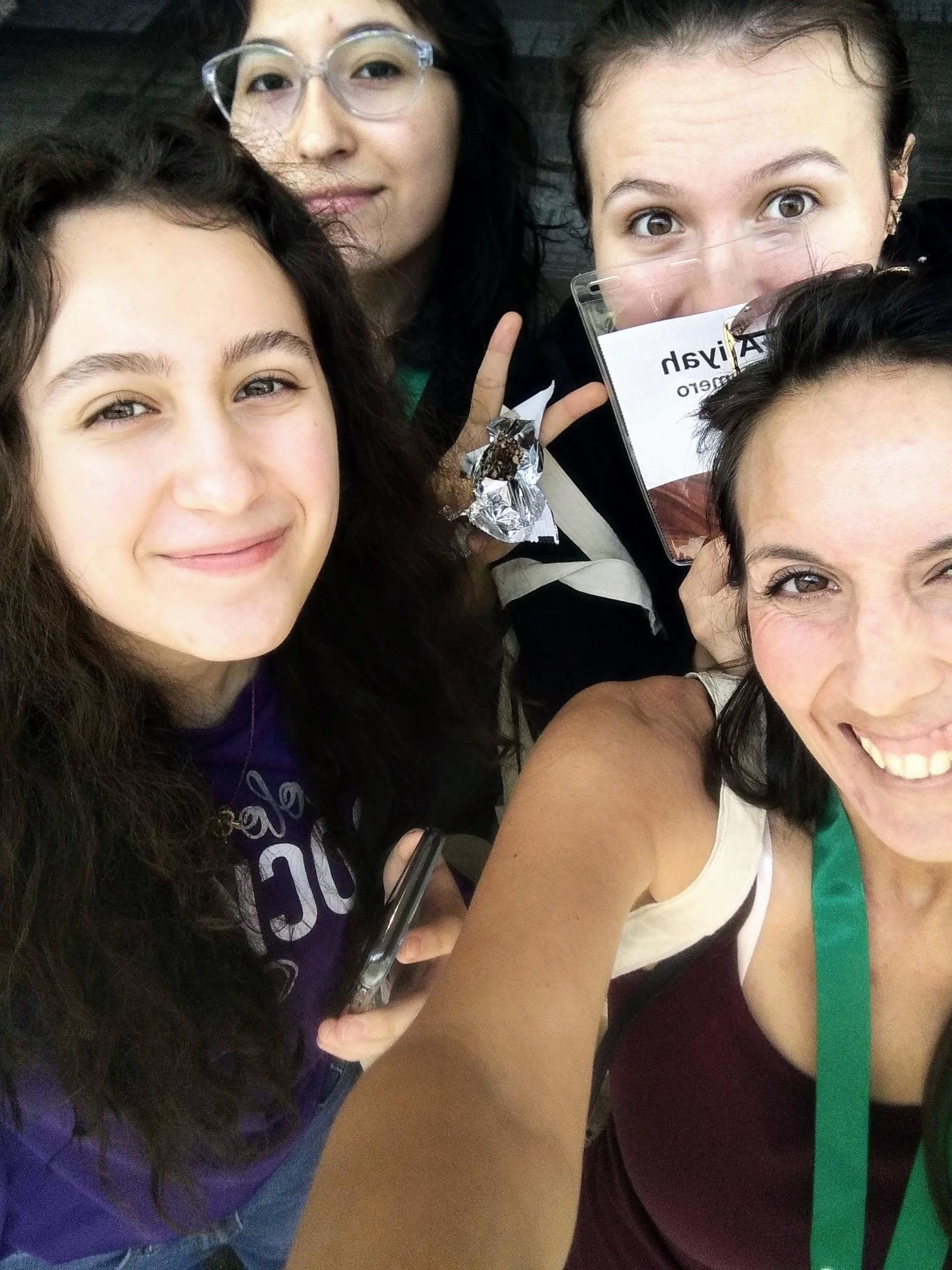Yogita Sharma
Delhi (India)
YOGITA SHARMA
Scleroderma Stories Issue 5
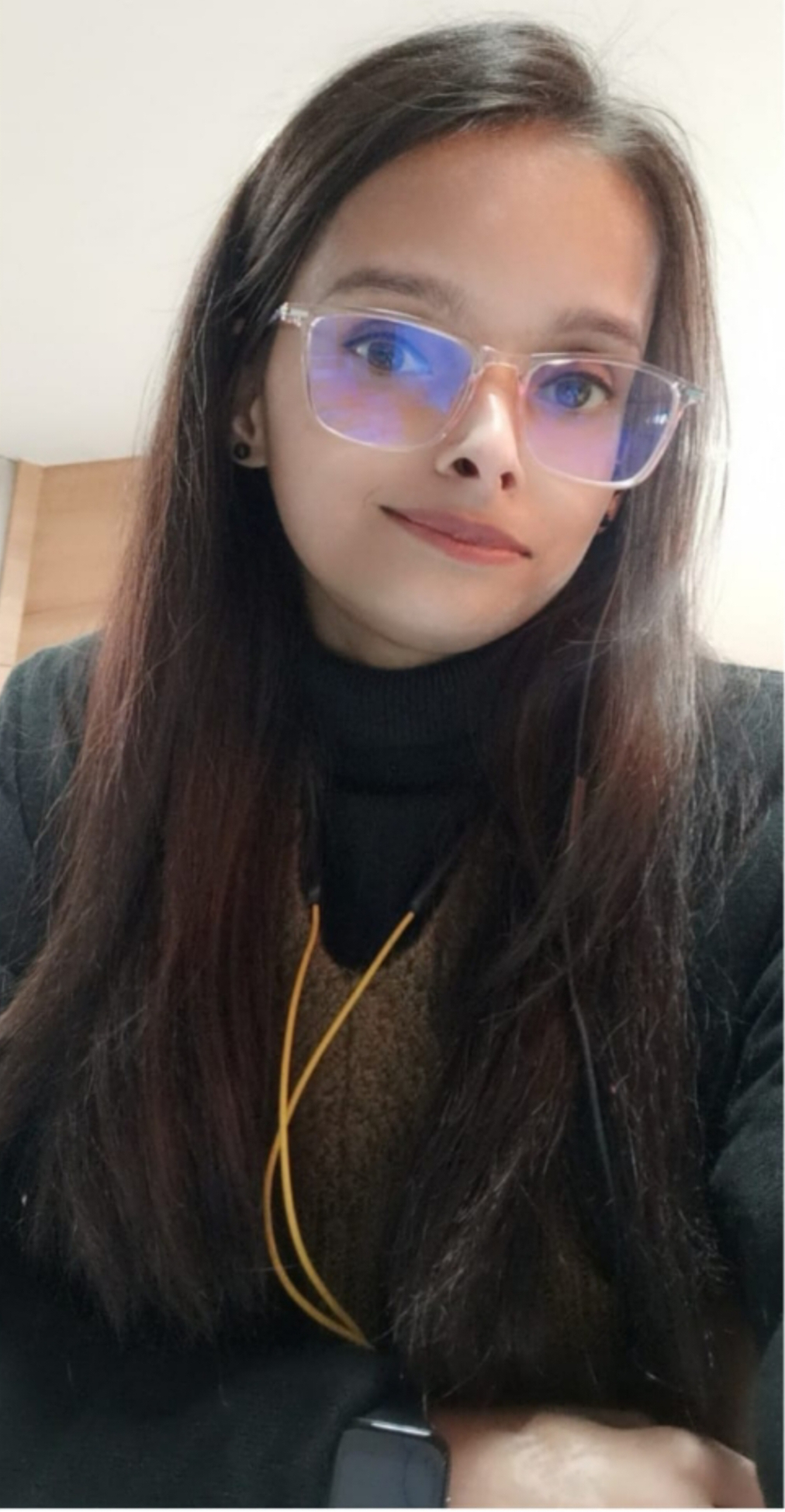
Please introduce yourself
My name is Yogita Sharma. I’m from Haridwar, India, and I’m living in Delhi right now. I’m currently working as an Associate Consultant in Ernst and Young in the Healthcare Sector.
I’ve been diagnosed with systemic sclerosis since 2016. I live with my family: three siblings and my parents, two of my elder sisters are married.
I like reading books – novels mostly. I’m pretty much a bookworm. I can read books anywhere! If I get time during work or on the commute back home, I just read books. I also enjoy puzzles like Sudoku and listening to music. And by far my favorite pastime is sleeping. That’s all I have time for these days.
When were you first diagnosed with scleroderma?
I was around 18 at the time. I’d actually dealt with a tuberculosis infection back in 2014, which managed to clear out after 8 months of treatment. But it came back with a vengeance a couple of years later along with systemic sclerosis this time. It started with just Raynaud’s and a few salt and pepper pigmentation patches along with thickening on my hands.
Systemic sclerosis was not the major problem back then. It was the TB in my case. It was multi-drug resistant, which made the treatment quite troublesome. My doctors didn’t start the treatment for systemic sclerosis at that time because I’d be immunosuppressed, which is pretty dangerous if you’re fighting such a severe infection like I was.
So, I ended up starting the treatment a full year after the initial diagnosis, and by then the damage was pretty extensive.
What was your reaction to your diagnosis?
I was really optimistic actually. When I heard the news, I thought it wouldn’t be too hard to deal with. I figured that if I’d dealt with Tuberculosis twice, I could definitely handle anything else thrown at me.
I used to think “It doesn’t matter if there’s no definitive cure. People live with chronic conditions like diabetes everywhere. So can I.” I guess it’s also because I’d never heard of scleroderma before my diagnosis. I tried looking it up online and pieced together that it’s an autoimmune condition with no cure, but what it does exactly was lost on me.
In my experience, a lot of doctors only really know about it on a surface level. Most of what I know now comes from a lot of googling. After a while, the progression and the reality of the disease hit me hard.
As an 18-year-old, how did the diagnosis impact you?
I had to make big changes to my career plans and future. I was preparing to pursue medicine around the time I was diagnosed and did really well in the entrance exam. My worsening condition and frequent hospital visits pretty much put an end to that plan. The medical bills didn’t help either. That was a big one for me.
I used to be very confident, but this disease has made me a bit less confident and much more self-conscious. And it is some damage which I might not see going away with time. I may gain more confidence with time, but it seems that self-consciousness is something I will have to live with.
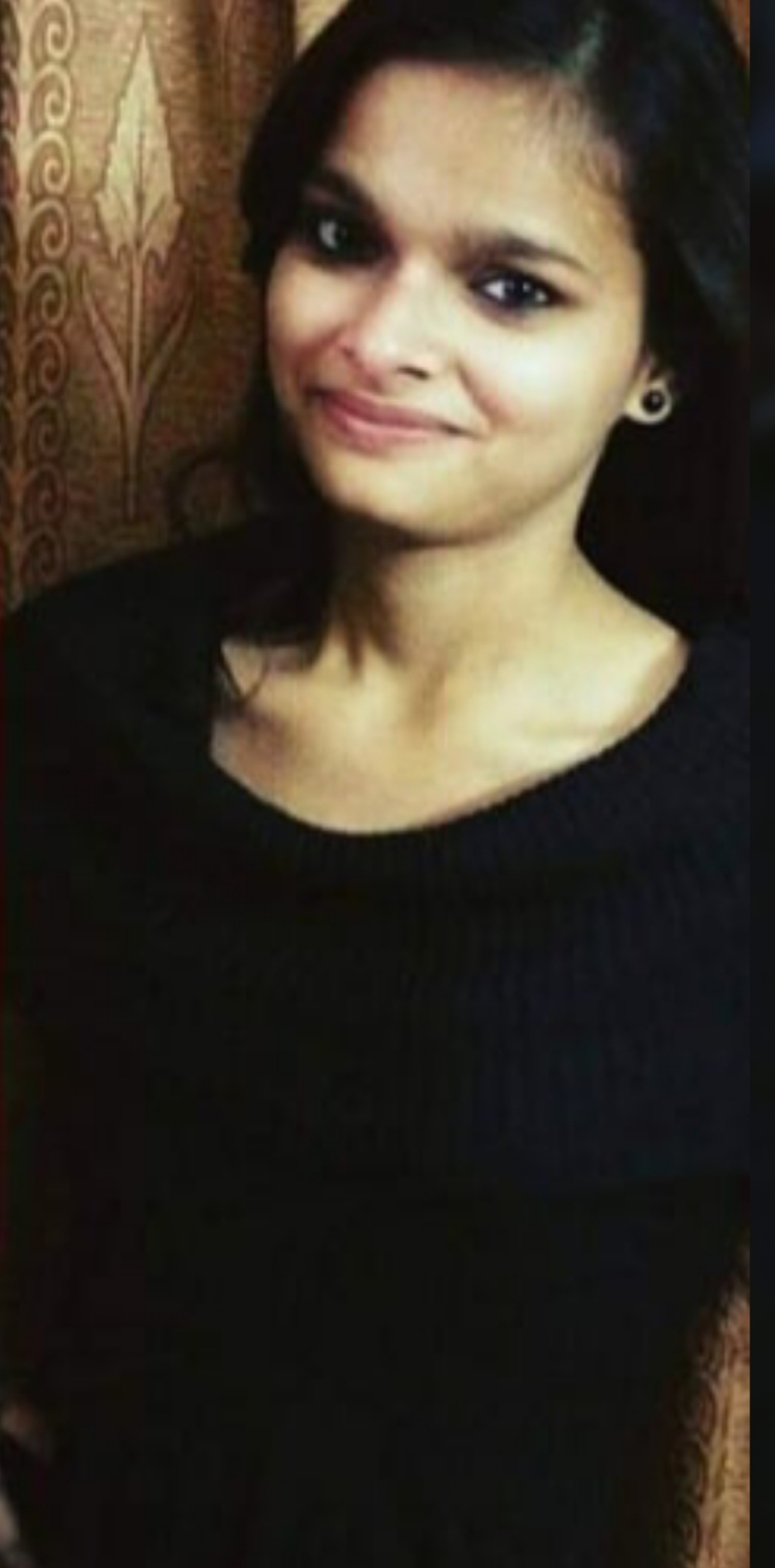
What symptoms have you faced, and how have they affected you?
I have almost all the manifestations of systemic sclerosis – the CREST syndrome, as they called it. The more externally visible the symptoms became, the more it really started to take a toll on me. After a while, you start to really see the difference between the way you used to be and the way you are now. That’s what affected me the most.
I have reflux issues. I take antacids to help with that. Antacids are my life right now. I can’t live without them. The reflux is very painful in my case, so I tend not to delay taking antacids.
Almost every part of my body has become covered in pigmentation. The patches aren’t very stable though, coming and going quite often. But it’s still there, and sun exposure causes it to flare up. I’m really paranoid about others seeing my pigmentation.
Whenever I meet a client at my job, I always have this feeling that they might be staring at my forehead, thinking “What’s up with those patches?” I also move my hands a lot when I talk, so I feel like I call more attention to my stiff fingers or the ulcers on them when I’m explaining something or just reaching out to shake their hand. I don’t wear anything that doesn’t have high necks or collars, and I make sure they’re full sleeved as well. I really love wearing dresses, but again, I feel like I won’t look good in them. It’s very difficult for me to gain weight as well.
Skin thickening is another one. Before, I had fuller lips. In scleroderma, the skin gets tighter there and makes them look pretty thin and narrow. I’d get a lot of comments about all those things appearing on my face.
Because of Raynaud’s, I get ulcers on my fingers and toes mostly. It gets pretty bad during winters. The healing process also tends to take a while – like two whole weeks. I do a lot of my work on laptops, so it can be really difficult to work at times. The toe ulcers make it painful to walk around. I get ulcers on my heels, which are even more painful. Walking barefoot isn’t an option, even in my own house. I need to make sure I always have slippers on.
Calcinosis is also one of the symptoms. Breathless at times because of lung involvement. Fatigue. These are some of the major symptoms I have dealt with.
I’ve been dealing with all these symptoms for years at this point, so I’ve learned not to let it bother me too much. And as for my medicines, I take them so often they’re like eating toffees!
Have any symptoms improved over time?
Thankfully, yes. I used to have pretty bad calcinosis in the first year. It started with the elbows. I was barely able to move them. My hand was stiff, making it difficult to feed myself. I was totally dependent on my family for my daily activities.
For the future, I’m most concerned about what’s going on inside me. The internal organs tend to get involved in scleroderma too. I mean, my lungs are already involved. Not majorly, but I got diagnosed with ILD (Interstitial Lung Disease) two years ago. I just get really scared about it progressing or affecting other parts of my body, so I keep getting it checked often.
Then, there’s the thing about my hands and fingers. Back in 2019, I started seeing changes in the first joint of my index finger. It was basically bent and stuck that way. I underwent surgery and got it straightened out. Overall, my joints are still ok.
I try to work and exercise with my hands as much as I can, just to make sure I keep my mobility. If you look at my hands, some of my fingers are bent in places. I need to make sure they don’t lock up in a way that bothers me.
In general, I have figured out how to manage my symptoms mostly because I have gotten accustomed to what works for my body and what doesn’t. After a while, you know each and everything about your body… how it’s reacting, how it’s not reacting to particular things. And if I see that it’s not reacting the way it should be, I consult my doctor.
Could you please tell us about your treatments?
I started receiving treatment for the condition an entire year after I was first diagnosed. I started with pulse therapy for fourteen months, dexamethasone they used in the pulse therapy worked wonders and kept it from impacting my mobility. Later on, I was on this drug called mycophenolate mofetil for around two years. I also took Depin Retard for Raynaud’s and all. Currently I am on Mycophenolate Sodium. I switched from MMF to MMS due to increasing reflux issues. My doctors are planning to switch me over to cyclophosphamide or rituximab… we’ll see what they decide.
I won’t say that medicine didn’t work for me, but after a while the side effects started to really bother me. For example, the meds I took for Raynaud’s started giving me headaches. I suffer from migraines sometimes, so I had to be taken off of it.
Where have you found support in difficult times?
The important people in my life don’t mind at all. My family is my backbone. They’ve been an incredible support throughout my journey. They never made me feel like I was different or that anything was wrong with me.
Take my forehead, for instance. I’m well aware that there’s pigmentation there and the skin is sort of tight. But they’ll say that it isn’t too different from before, and that I still look great. It’s the little things I guess. There are some friends who witnessed my journey, and they have seen me throughout and said that they took me as an inspiration. I have also got support from the NGO too.
Do you face any challenges working as an associate consultant with scleroderma?
I haven’t had too many issues at work. For instance, back in February, Raynaud’s affected one of my fingers, and I was in the hospital for an infusion for three days. My manager was pretty understanding about the whole thing. I have some coworkers/good friends at work too who make me feel comfortable and help me to overcome my introvert side.
On the other hand, there are people I’ve encountered that are really bad. I get a lot of “What happened to your face?” or “ Why do you look so thin?” I tend to cover up to make sure I don’t give people a chance to say these things. I’ve gotten used to these unwanted comments. Don’t get me wrong, it still affects me but after a while you just realize that you have gone through much worse things in life than all these pitiful things people throw at you. I also believe in counting my blessings.

Has scleroderma impacted your financial stability?
It’s definitely affected me quite a bit. There is a sizable chunk of my monthly budget that goes straight into my medications. Sometimes, I’ll need to get tests done… CT scans and x-rays and all that.
Unfortunately, no insurance coverage for the disease exists here, which means it has to come from my own pocket. Earlier, it was handled by my family. But now that I’m working, I make sure not to ask them for financial help. I do it on my own. It has been fine up to now. It was pretty expensive for me in the beginning. I just hope it gets covered under some insurance in the future at least.
What are your dreams for the future?
I want to do the job I’m doing for the next 10 years maybe, but after that, I really want to spread awareness about scleroderma. I haven’t met people who already knew about it. I literally made the Instagram page we were talking on (@mylifewithscleroderma) in the hope of finding and interacting with people who are having the same condition as me.
Then I got to know about Scleroderma India. It’s an NGO run by Rashmi Bhasin and founder is the late Neetu Wadhwa. So I got in touch with them. There are a lot of people who have scleroderma in that group. Then, I got in touch with other people from Scleroderma Canada and then Scleroderma UK. I want to be connected with organizations from different countries. I’d love to contribute not just in spreading awareness but in consultation, and other possible ways as well, because I know for a fact it becomes difficult to live with especially when it comes to mental health.
Frankly speaking, there are days when I feel like that too… that I’m not able to live with it. So, I want to reach a level where I’ll be able to provide to people who have scleroderma regardless of where they’re from, who they are.
What life lessons have you learnt over time?
The motto of my life is “count my blessings” and continue living. I try to convey this to others as well. After hearing about other people’s journeys and stories, I realized that so many others have it way worse than me. I thank God for being able to look after myself.
I’ve been able to work a normal nine-to-five job, with a smile on my face or with a headache. That’s ok, it’s just life. I feel like no matter who you are or how rough you have it, if you’re able to walk, talk and look after yourself, you should consider yourself lucky.
I also learned that I’m better off living my life to the fullest rather than limiting myself. When the symptoms started to get really noticeable, I thought “I won’t be able to go out and meet my friends.” And whenever I gathered the courage to step out of my house, I’d get awkward looks and comments about my appearance.
If I had to give a lesson to my past self, it’d be to go out, learn new things, experience everything and have fun because life is short, you don’t know what will happen to you the next day or In my case now what new symptom i may experience tomorrow. I want to go out, I want to go on trips, I want to have fun. I didn’t think I’d love to travel this much, but I’ve been visiting different cities recently, and it’s a lot of fun. I want to enjoy each and every phase of life with my family.
I’ve learnt to come out of my shell a lot more as well. I consider myself an introvert. I still feel like I’m not able to fully express myself like I should, but I’m definitely getting much better at it.
Any advice to others dealing with scleroderma or any other chronic illnesses?
Gain knowledge. Learn each and everything about the disease. But don’t attribute each and everything to the disease. Not every ailment is necessarily a part of it.
And in scleroderma, our body is very restricted, so exercise daily. If you are not able to get up, do it on your bed, but do it for 10-15 mins daily. Meditate, read books for your mental peace. Do deep-breathing exercises. Also don’t make your life revolve around your disease. There are much bigger problems in the world. We might get it much worse than we could expect.
There are days when I cry my heart out and was not able to figure out things. If you feel the same, seek help. Communicating helps – I am bad at expressing myself, but communication helps.
I’m still making my way out. I used to think that everything revolved around my disease. If I’m not going out, I used to say it’s because of the disease. No. I’m staying in because I don’t want to go out because of my self-consciousness.
I feel like others dealing with this shouldn’t restrict themselves either. Go anywhere and do whatever you want to the best of their ability. Don’t mind what others say about you. People tend to say bad things on your face that they might not even remember, but don’t focus on them. You know your journey better than anyone else. There are a lot of things you’re capable of. Believe in counting your blessings.
There’ll be days you’ll feel too down to do anything. Don’t do anything. If you’re so frustrated and tired that you want to just lie down and do nothing but sleep, go for it. Sleep the entire day if you want. But pick yourself up by the next day, and move forward with a fresh mind and spirit. Rather than feeling sorry for yourself, go out and do it before it’s too late.
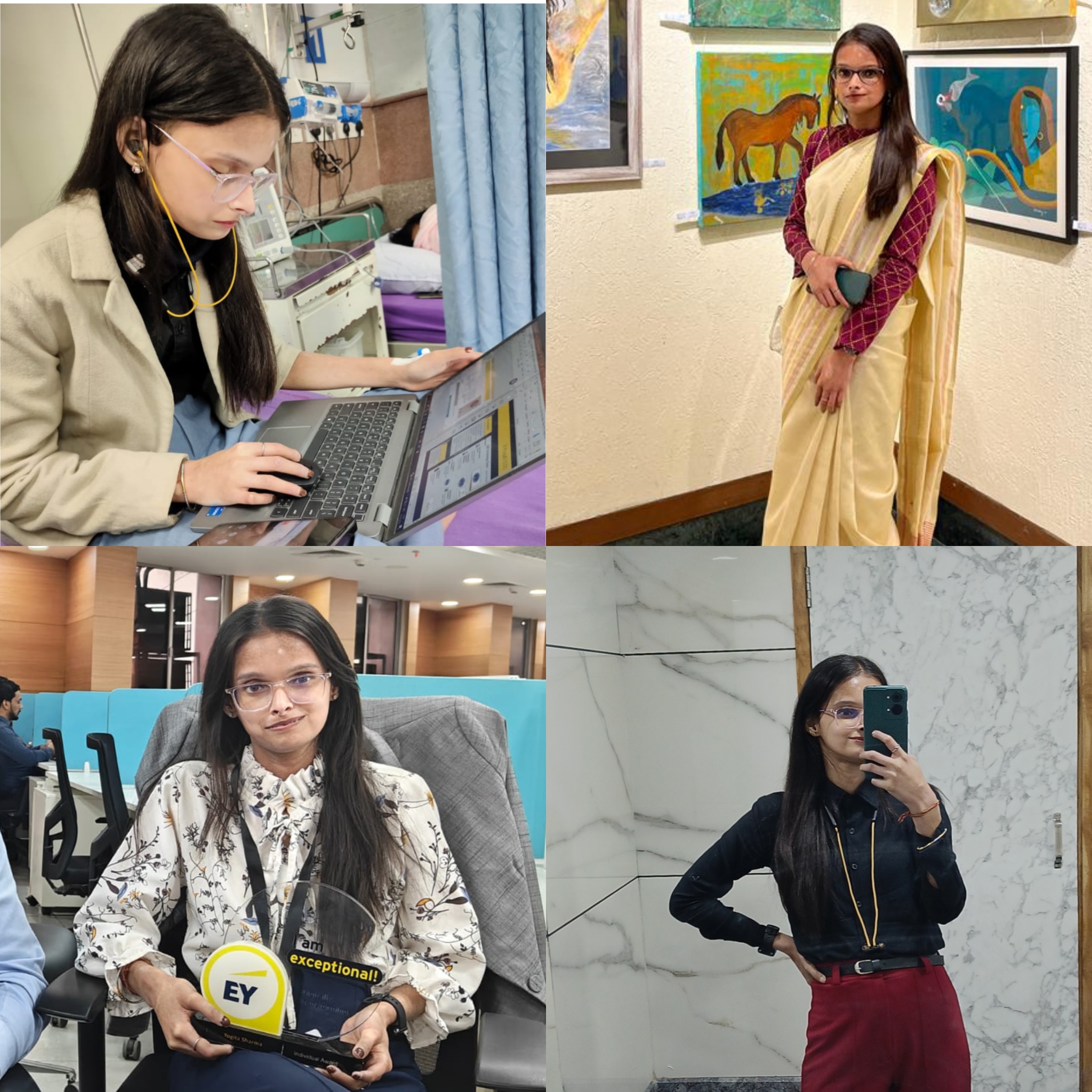
Be sure to follow us on Instagram and Facebook (@sclerounited) to see more scleroderma warriors’ journeys in our weekly Sclero Sunday series.
Are you a scleroderma warrior? We’d love to interview you for Scleroderma Stories! Please visit tinyurl.com/share-my-sclero-story or email us at contact@sclerounited.us
